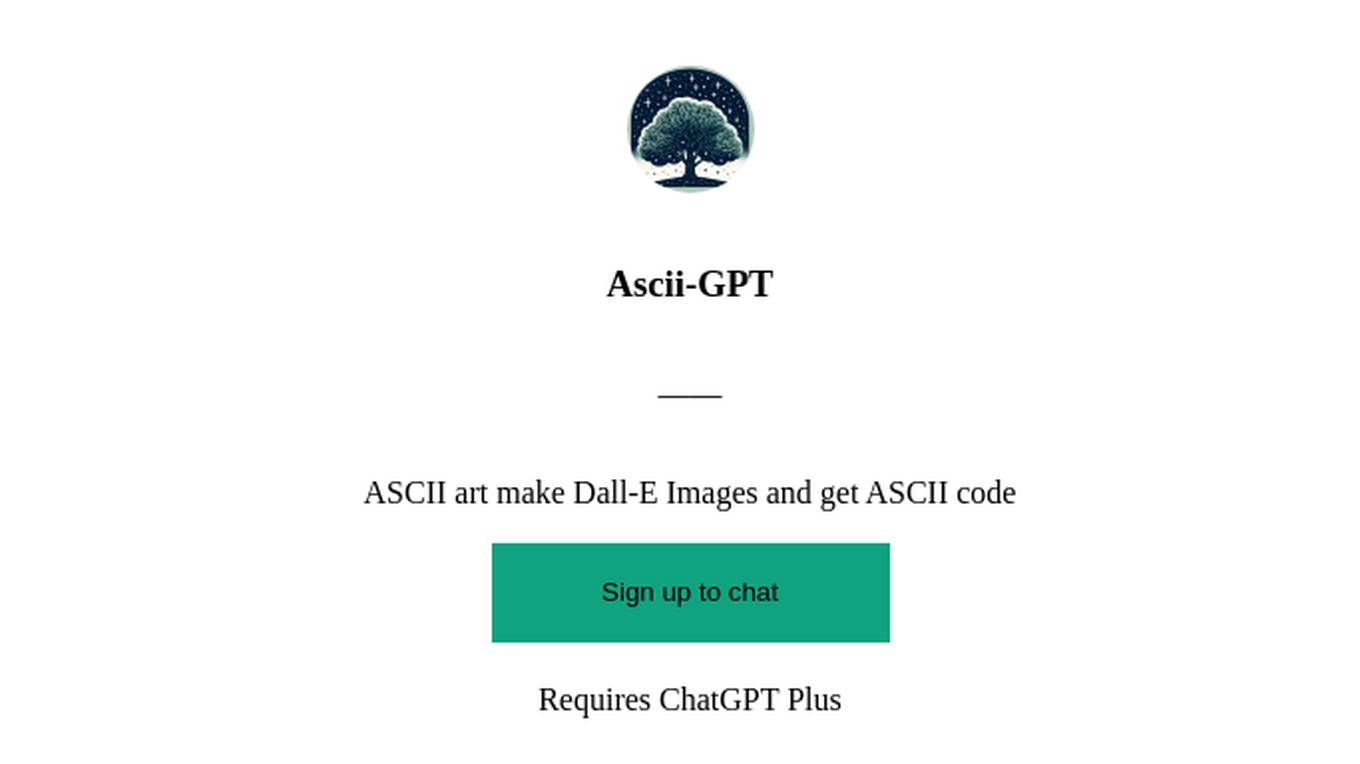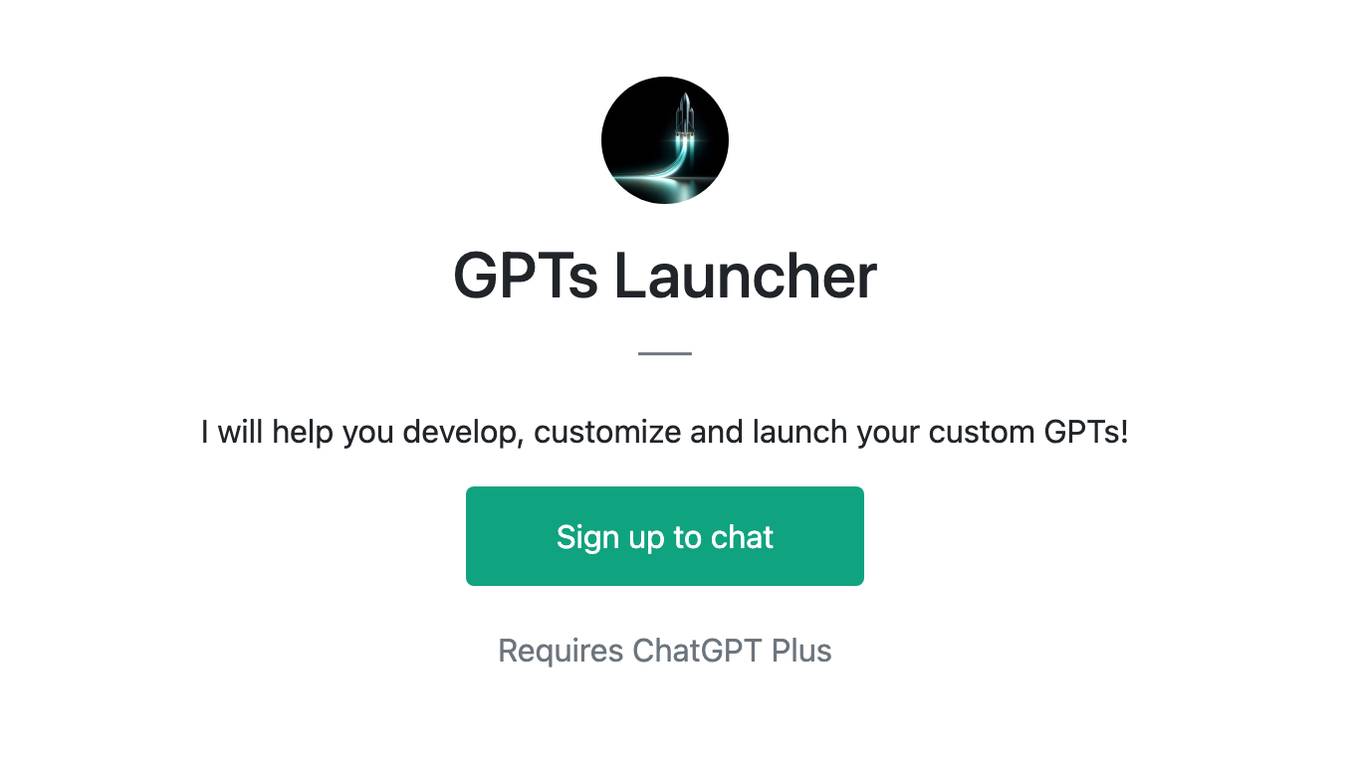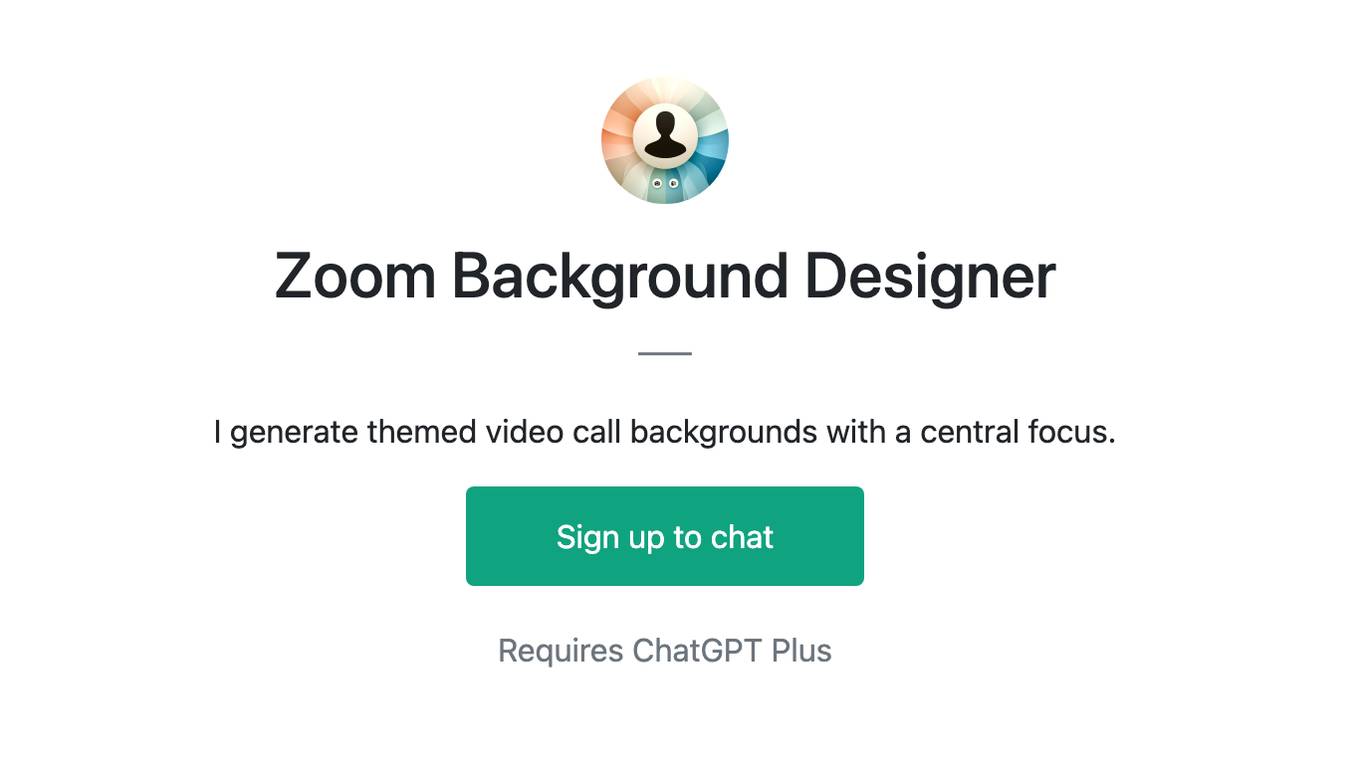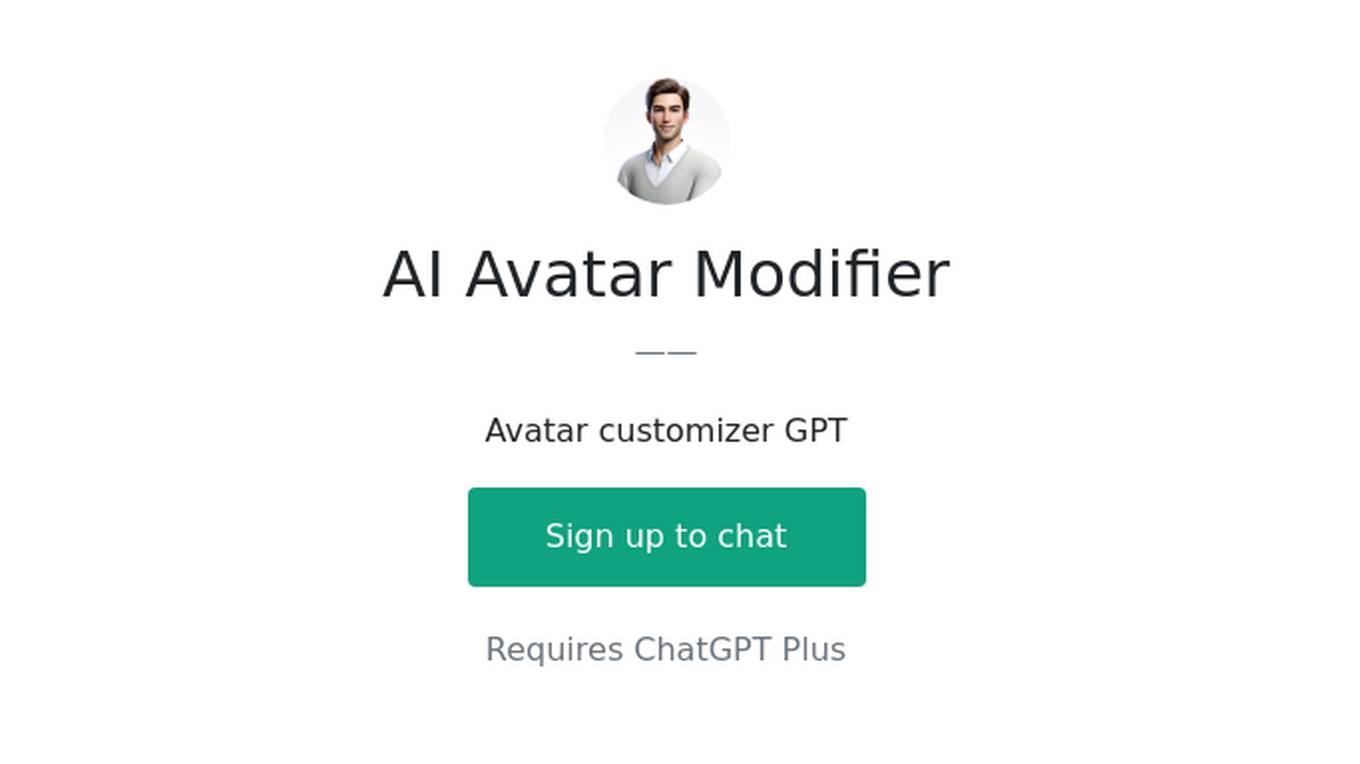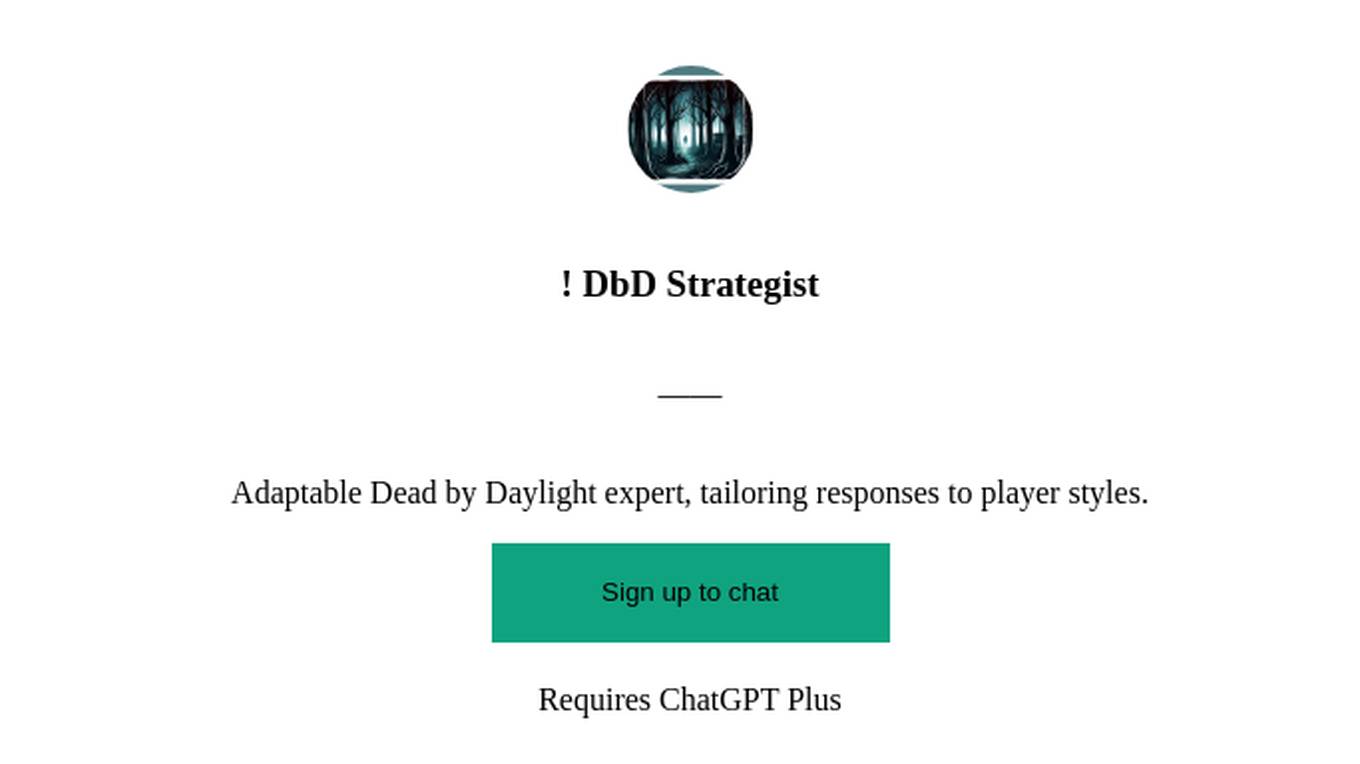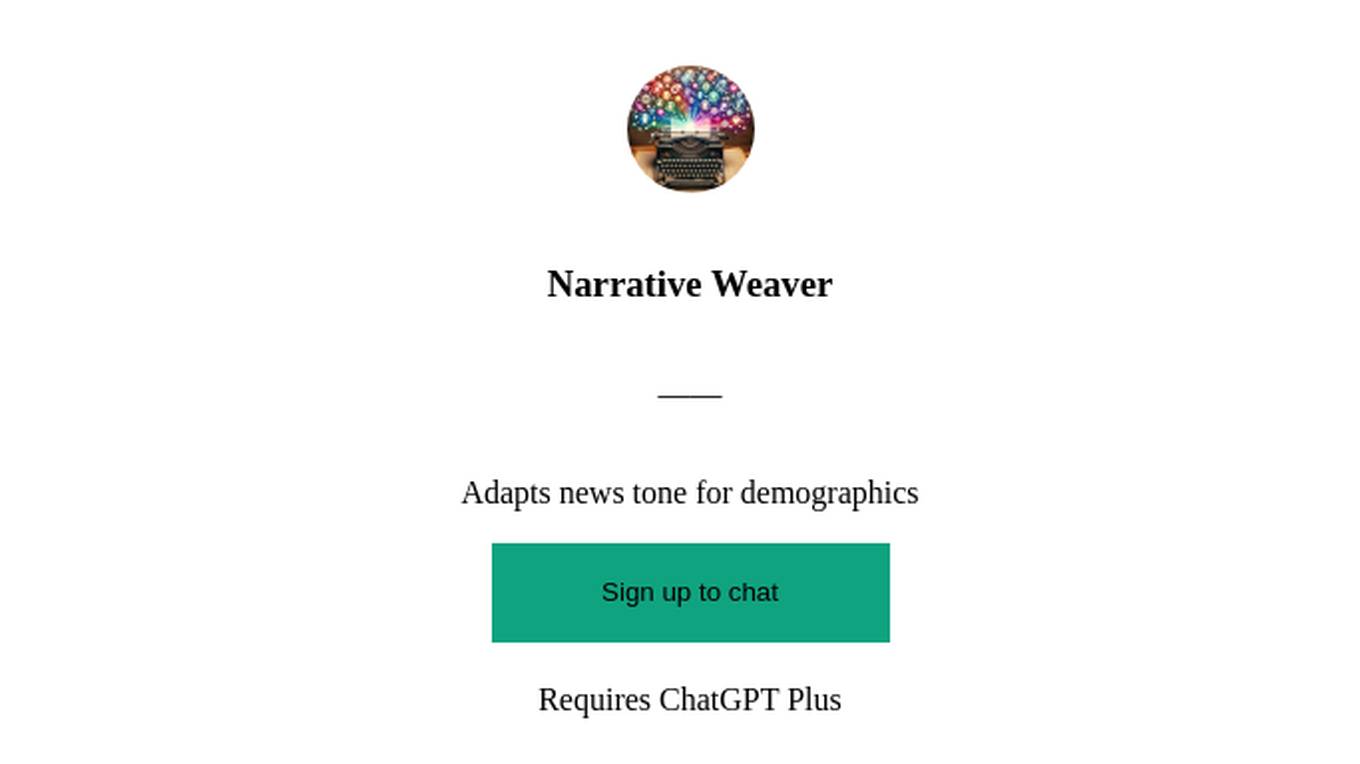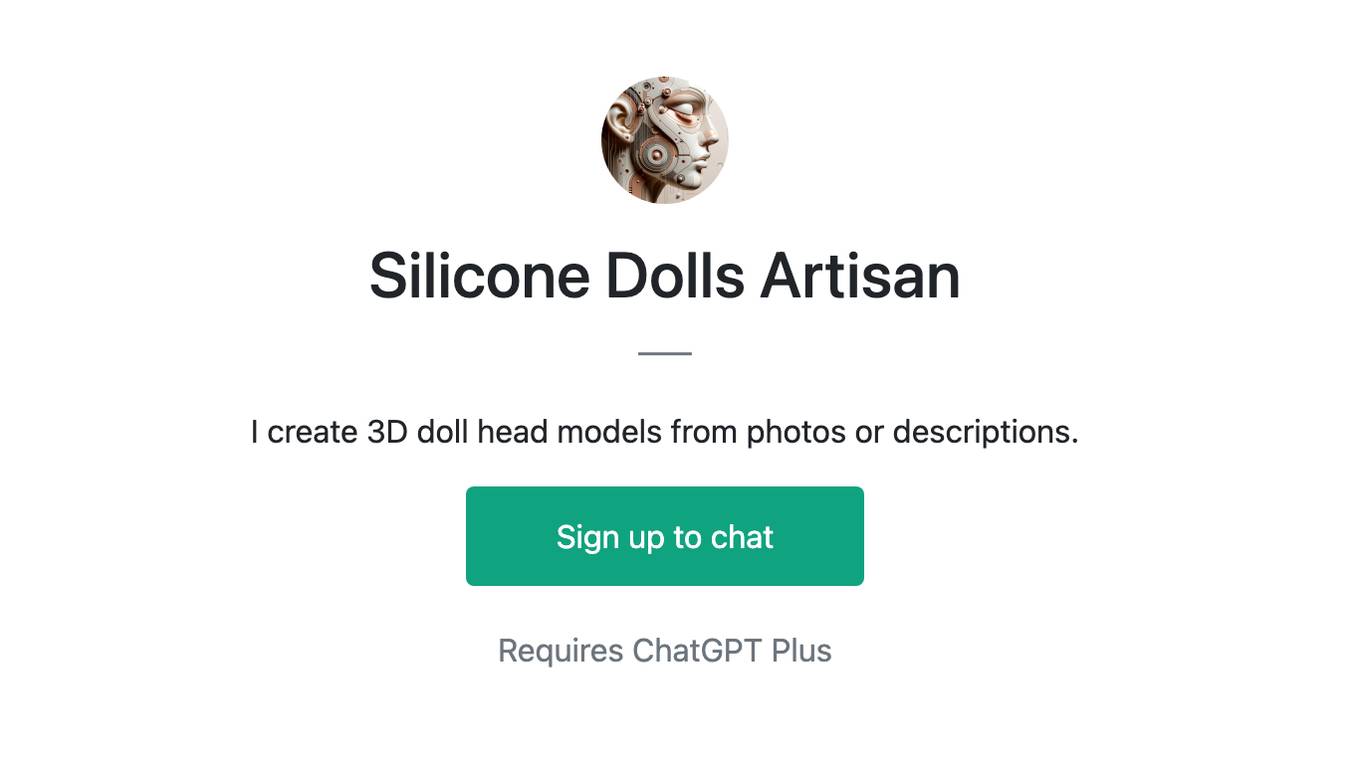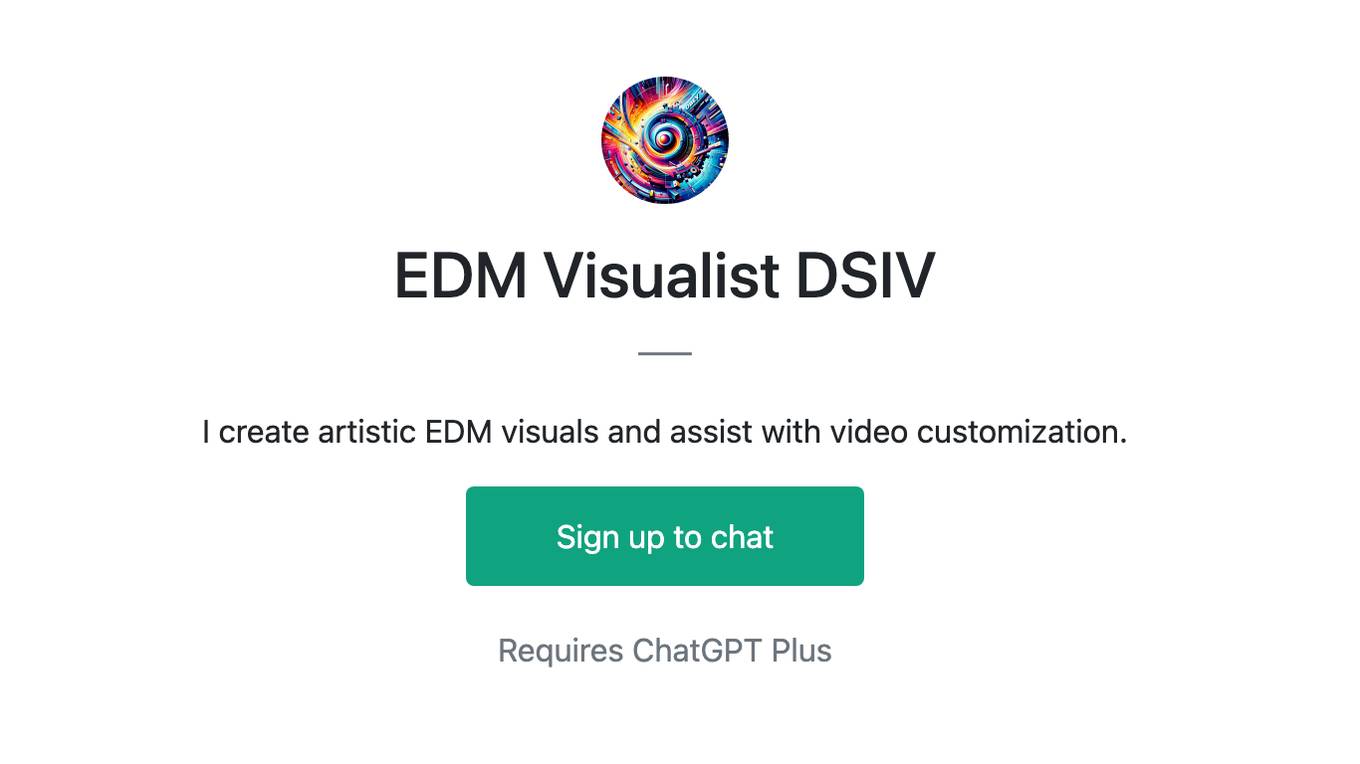Best AI tools for< Customize Output >
20 - AI tool Sites
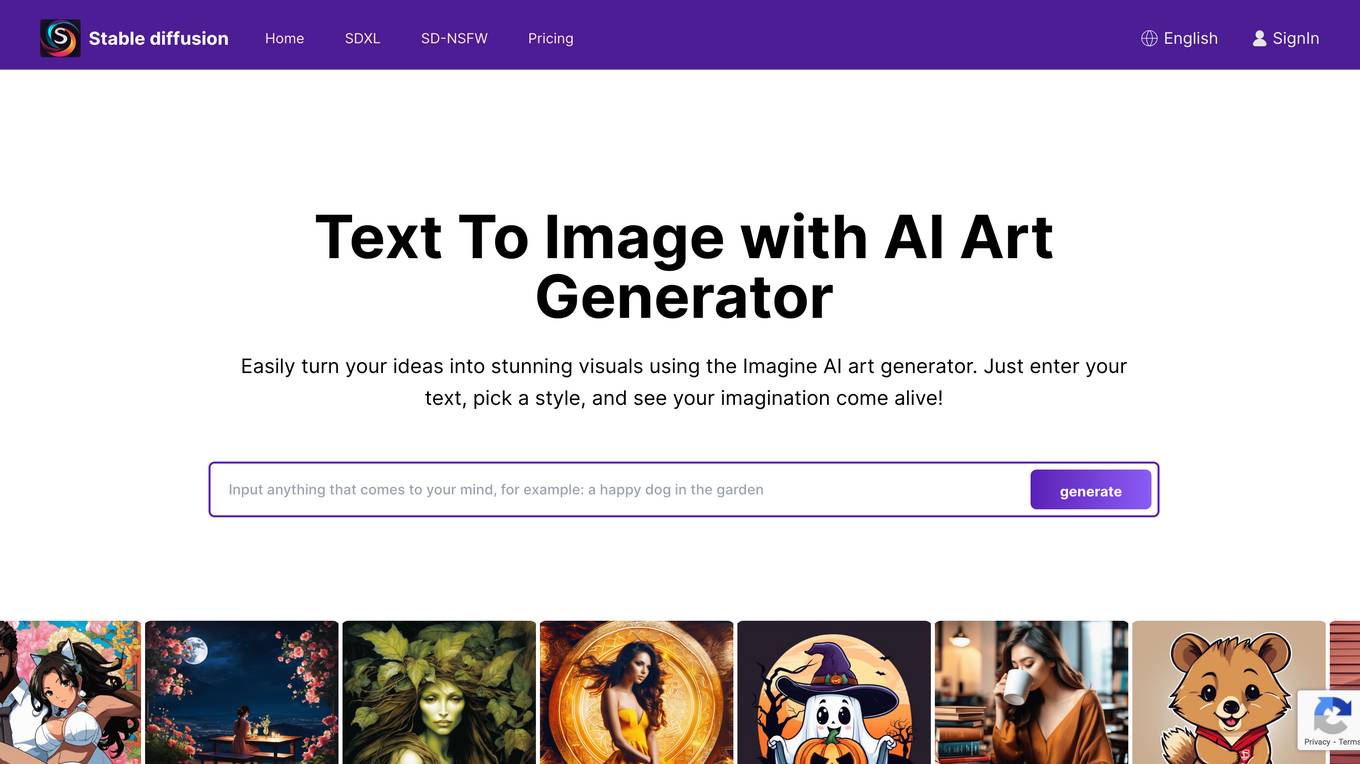
Stable Diffusion
Stable Diffusion is an AI art generation tool that allows users to create high-quality images from text descriptions. It offers a user-friendly platform for both beginners and experts to explore AI art creation without deep technical knowledge. The tool excels in producing complex, detailed, and customizable images, making it ideal for artists, designers, and anyone looking to integrate AI into their creative process. Stable Diffusion provides unprecedented creative freedom through features like image generation, inpainting, outpainting, and text-guided image-to-image translation.
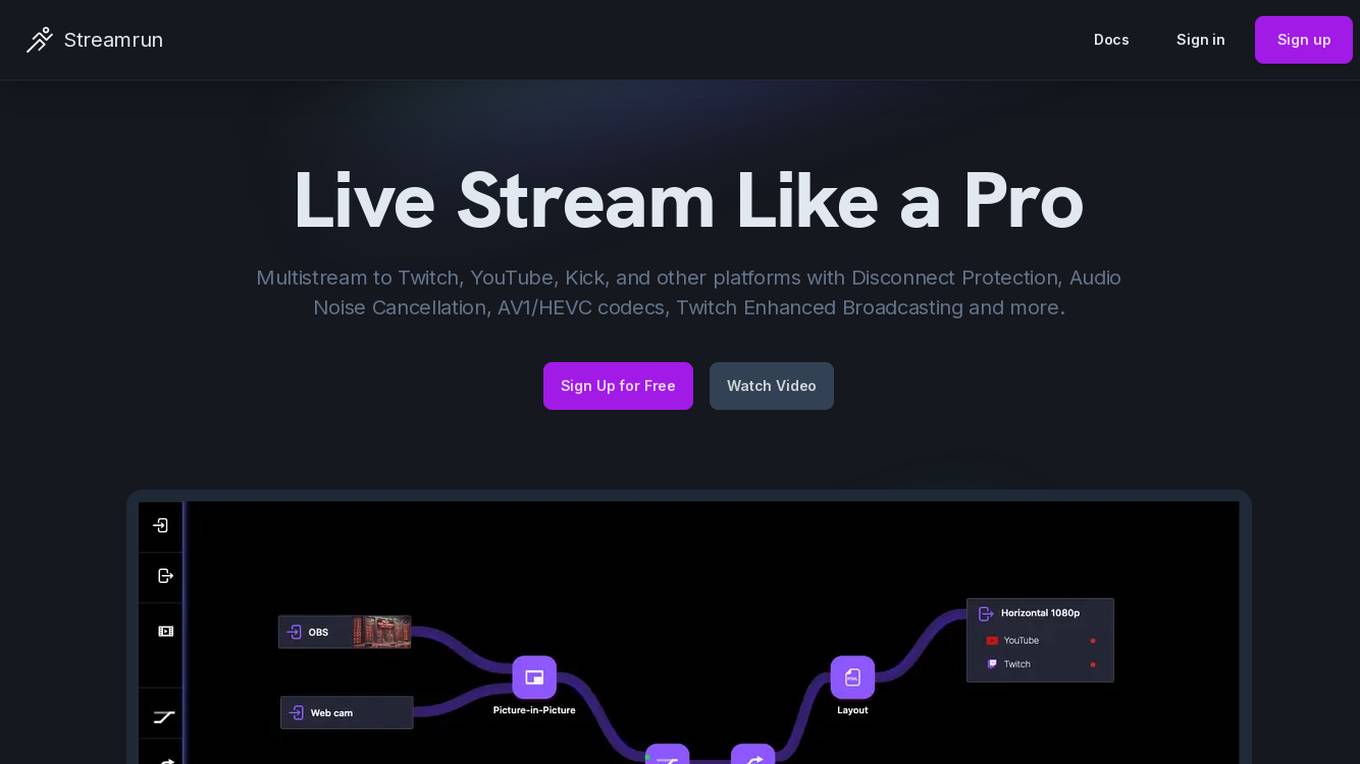
Streamrun
Streamrun is a cloud-based streaming platform designed for multistreaming, disconnect protection, and enhancing live video stream quality. It offers features like AI-based noise cancellation, modern codecs (AV1 and HEVC), Twitch Enhanced Broadcasting, input switch for live source change, and graphical overlays. Streamrun is suitable for streamers from Twitch/YouTube to video professionals, allowing them to reach more viewers by streaming professionally to multiple destinations. Users can switch between RTMP/SRT inputs in real-time, keep the stream live with disconnect protection, and customize output configurations for different resolutions, bitrates, or codecs. Streamrun is user-friendly, requiring no coding knowledge, and compatible with various devices and software supporting RTMP or SRT streaming.

generatejson.com
The website generatejson.com appears to be inaccessible due to an 'Access Denied' error. It seems that users are encountering permission issues when trying to access the site. The error message references a server issue and provides a specific reference number. The website may be related to generating JSON data, but further details are not available from the provided text.
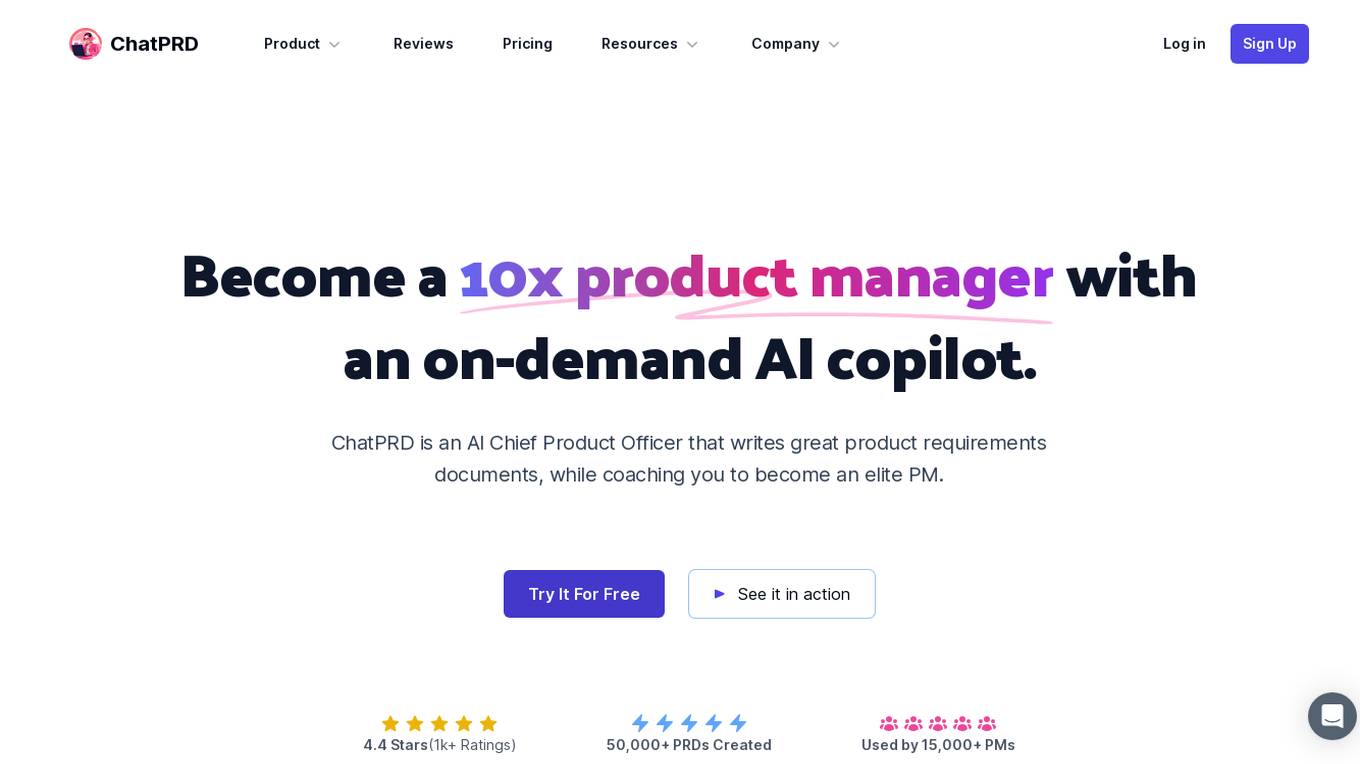
ChatPRD
ChatPRD is an AI Copilot for Product Work that helps product managers, VPs, founders, and teams without product managers to create great product requirements documents efficiently. It acts as an AI Chief Product Officer, providing feedback, coaching, and generating PRDs from simple ideas. The tool aims to save time, improve productivity, and enhance the quality of product management work.
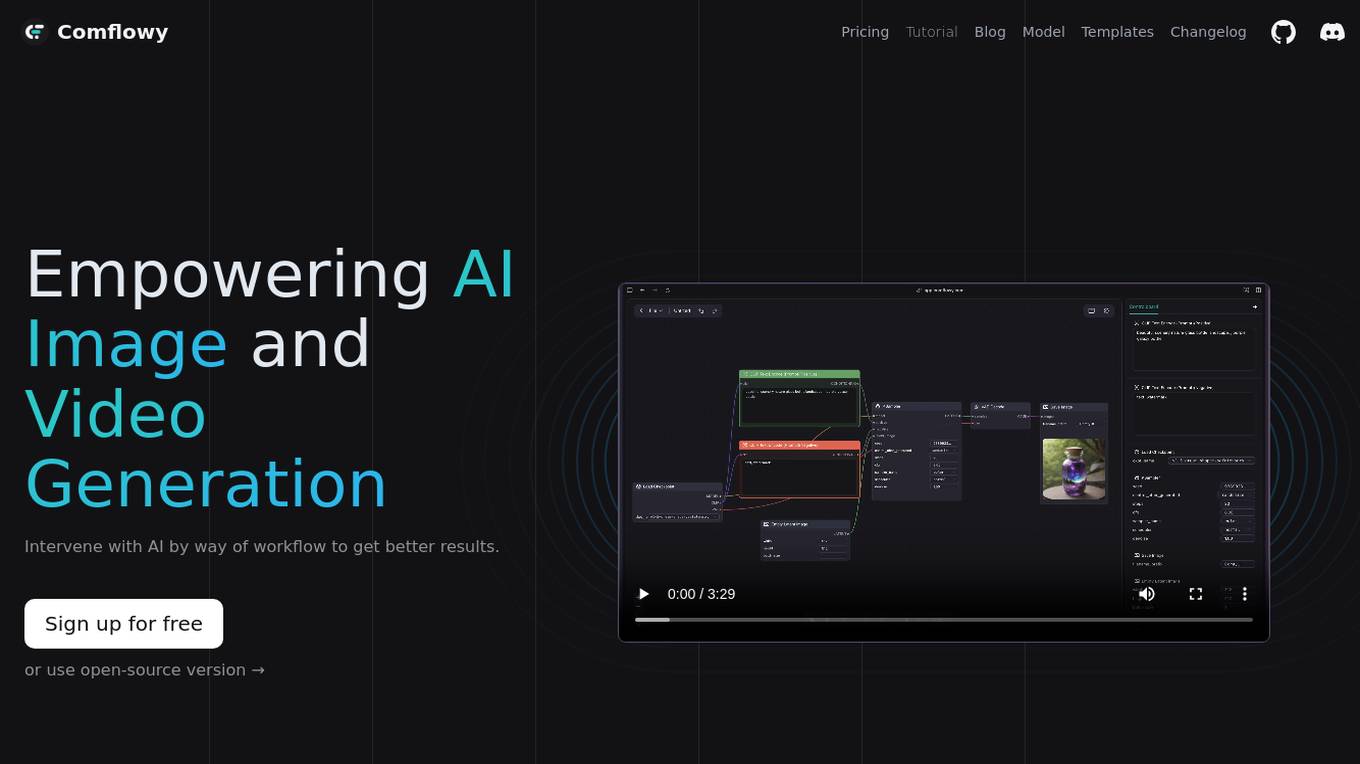
Comflowy
Comflowy is an AI tool that empowers users to intervene with AI through a workflow approach to achieve better results. It allows users to control the AI's output by connecting nodes and utilizing various open-source AI models and plugins. The tool supports image and video generation, offers a flexible workflow mode, and is designed to be easy to use and learn. Comflowy also provides templates, tutorials, and workflow management features to streamline the AI workflow process.
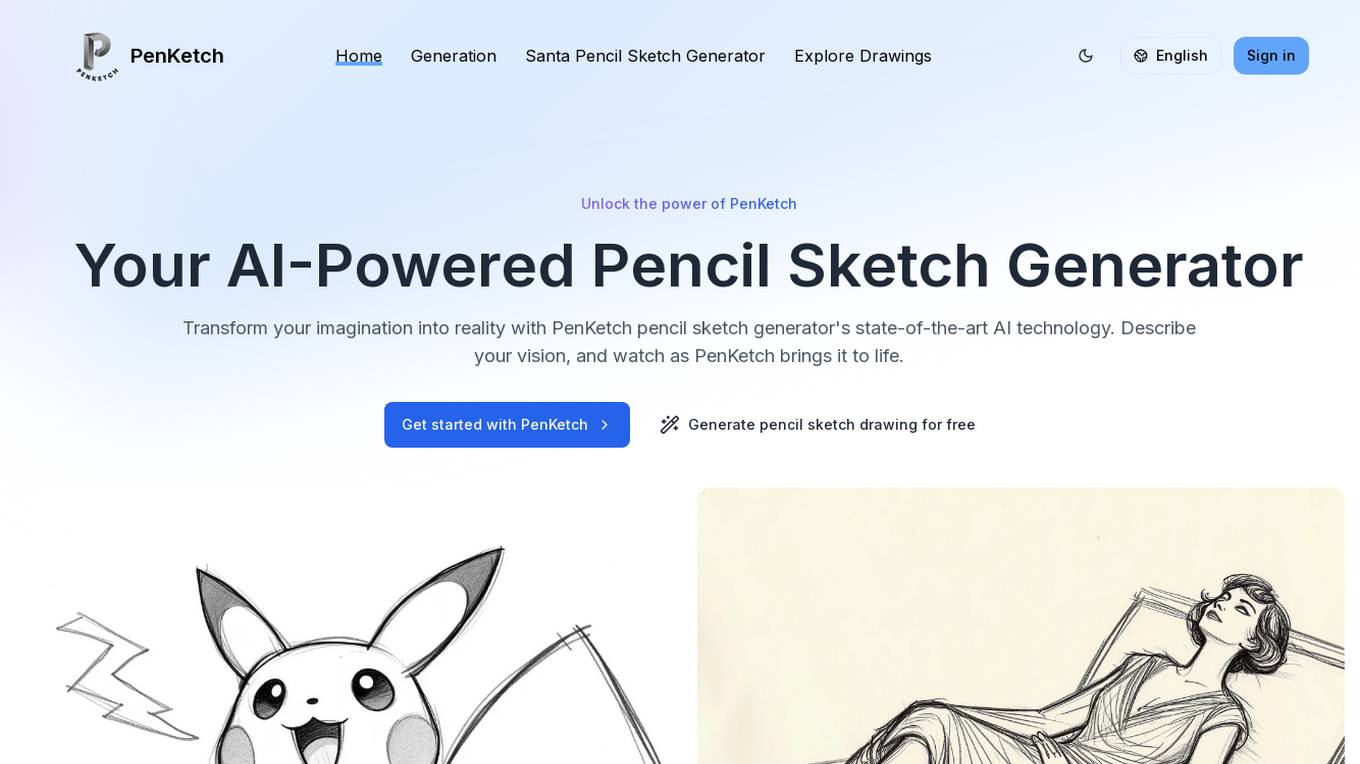
PenKetch
PenKetch is an AI-powered pencil sketch generator that transforms text prompts into high-resolution pencil sketch drawings with extraordinary detail and realism. Users can describe their vision, choose from various art styles, and let the AI handle the rest, offering a seamless and intuitive platform for creative exploration.
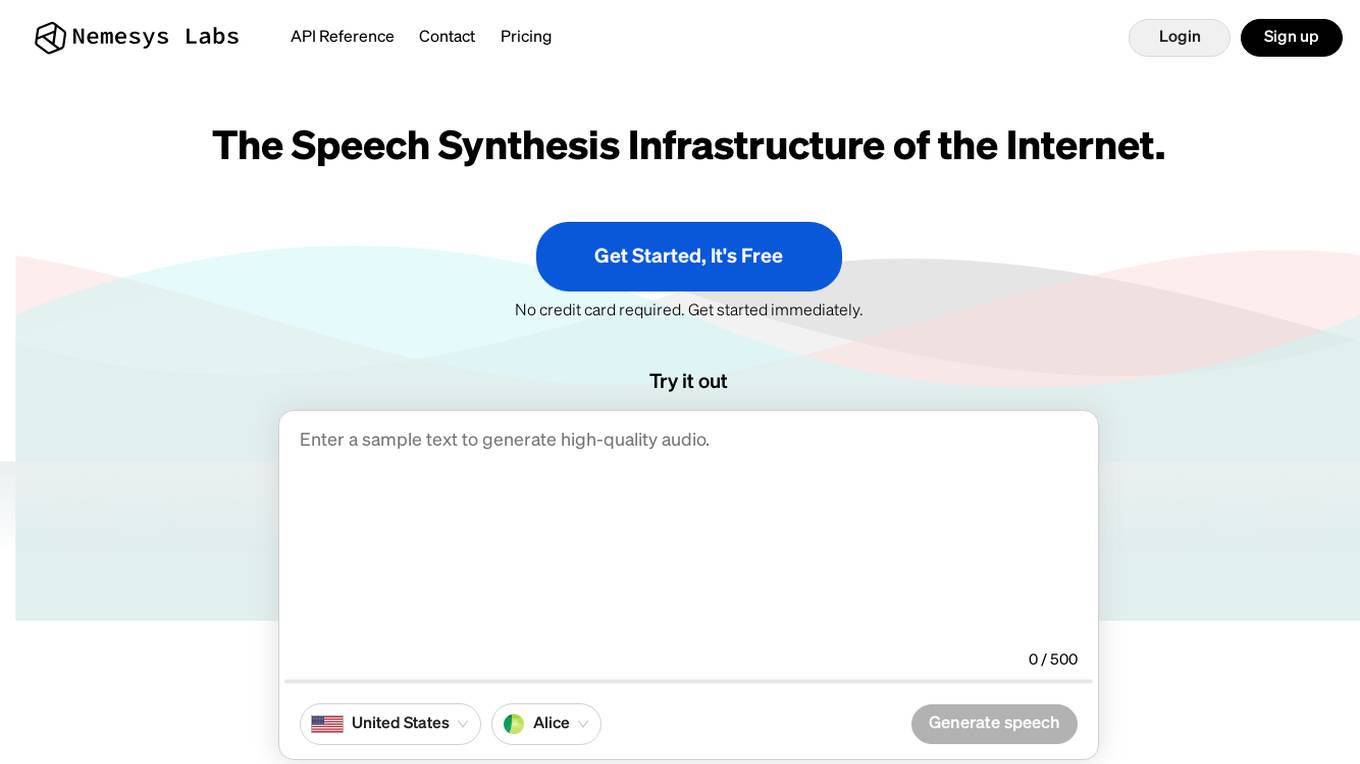
Nemesys Labs
Nemesys Labs is a free AI-powered text-to-speech platform that utilizes artificial intelligence technology to convert written text into spoken words. Users can easily generate high-quality audio files from any text input, making it a valuable tool for content creators, educators, and individuals seeking accessible content. The platform offers a user-friendly interface and a range of customization options to tailor the voice, tone, and speed of the generated speech. Nemesys Labs aims to enhance communication and accessibility by providing a seamless text-to-speech solution for various applications.
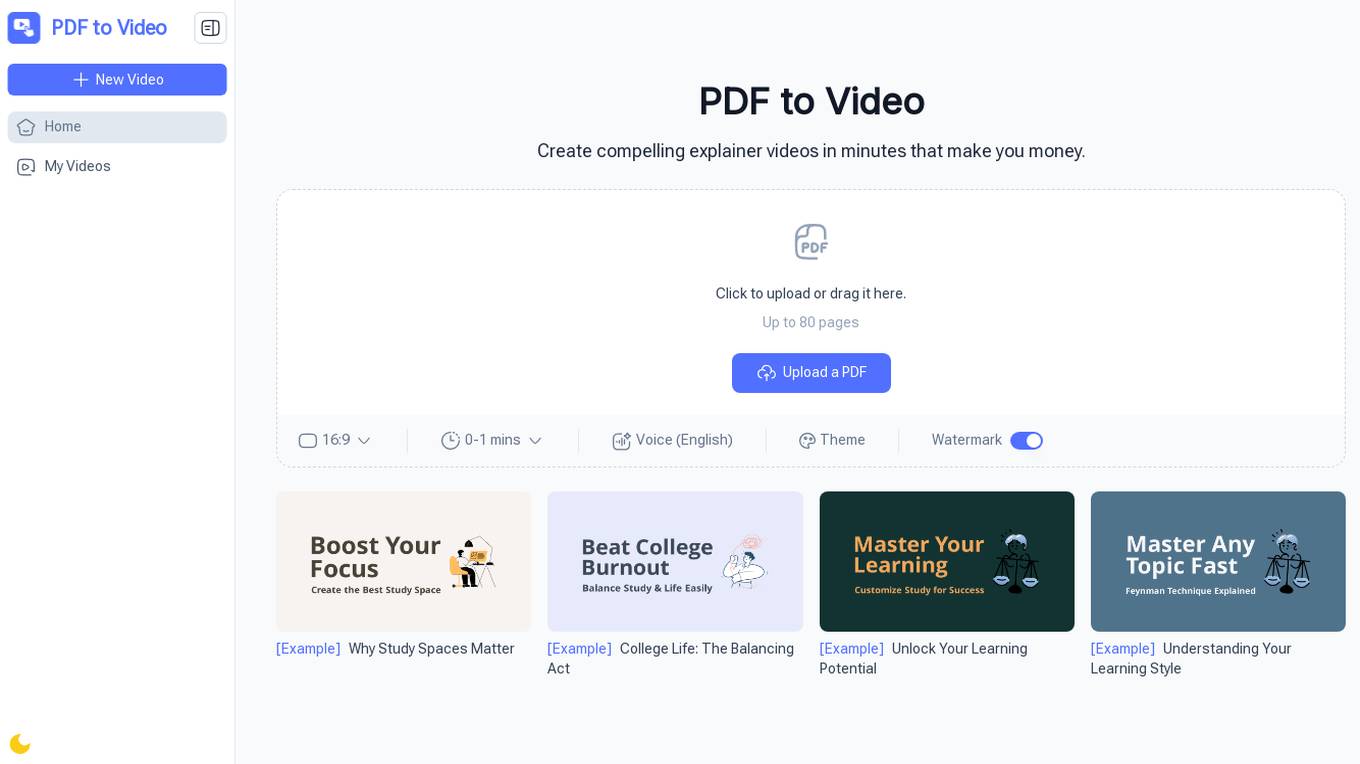
PDF to Video
PDF to Video is an AI-powered online tool that transforms PDF documents into professional explainer videos. It automatically analyzes PDF content to create engaging videos with animations and narration. Users can customize voiceovers, timing, and design without any editing skills. The tool is free, online, and offers fast, efficient conversion of PDFs into high-quality videos.
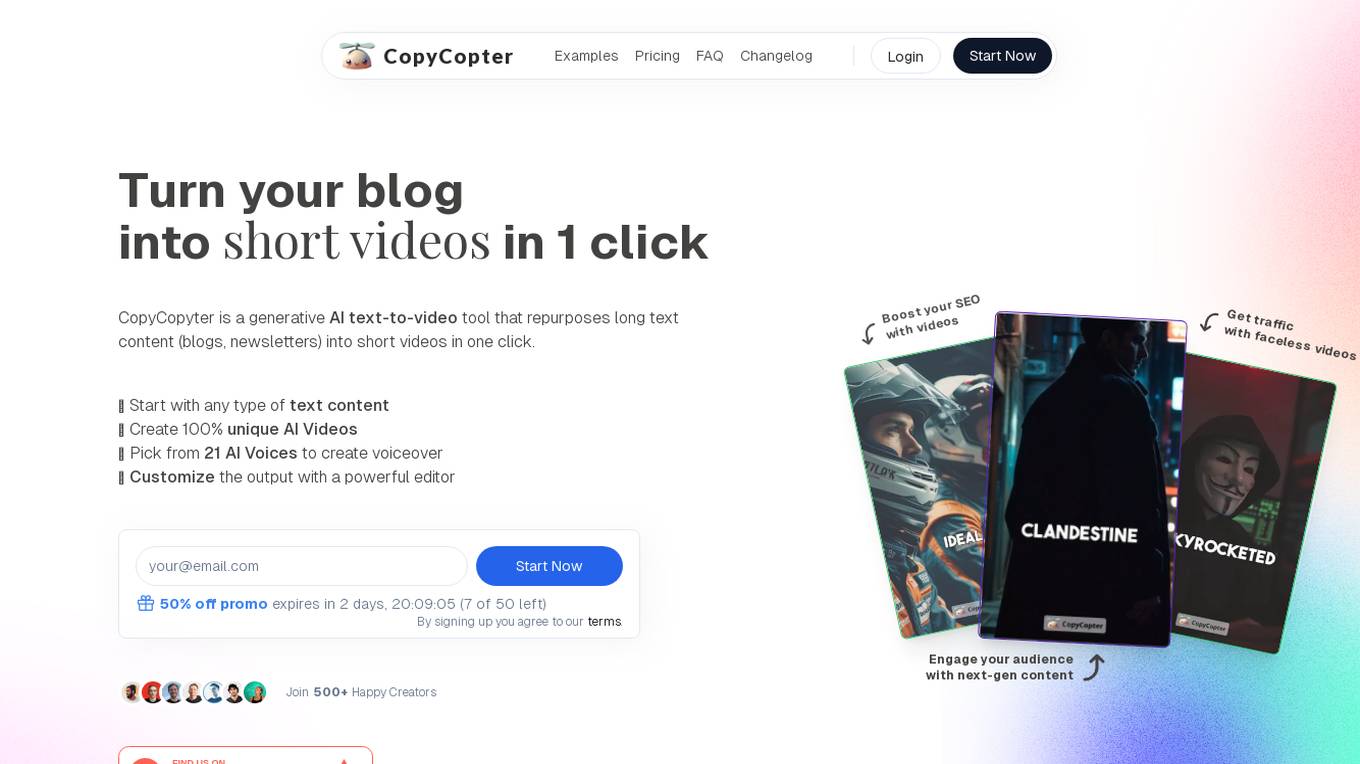
CopyCopter
CopyCopter is a generative AI text-to-video tool that repurposes long text content (blogs, newsletters) into short videos in one click. It offers a range of features to customize the output, including 21 AI voices for voiceover, a powerful video editor, and the ability to add stock footage or AI-generated images. CopyCopter is suitable for a wide range of content types, including news visualization, book reviews, and product updates.
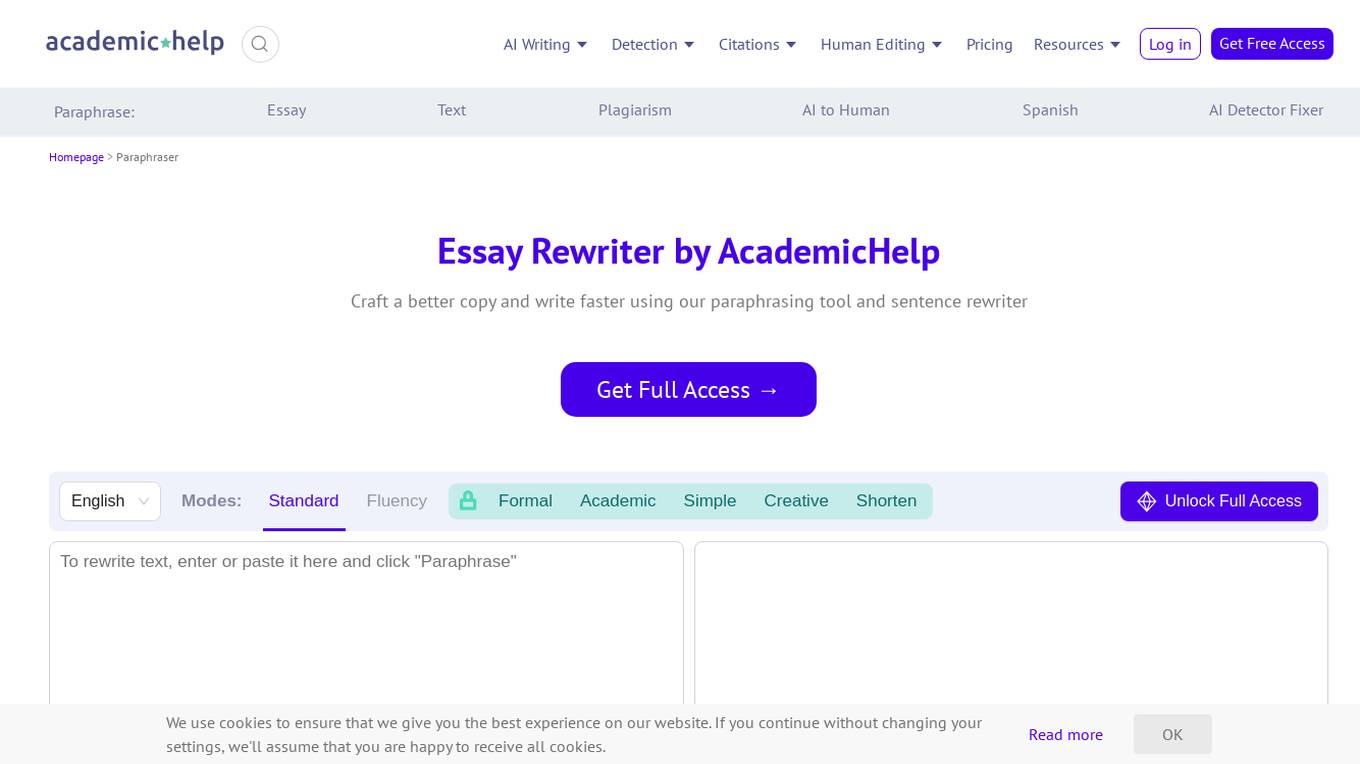
Essay Rewriter
AcademicHelp's Essay Rewriter is a free online paraphrasing tool that uses AI to help you rewrite your essays, articles, and other written content. It offers seven different paraphrasing modes to choose from, so you can customize the output to your specific needs. The tool is easy to use, simply paste your text into the box and click the "Paraphrase" button. The tool will then generate a new version of your text that is free of plagiarism and has a high readability score. You can also use the tool to check for plagiarism, summarize text, and generate citations.
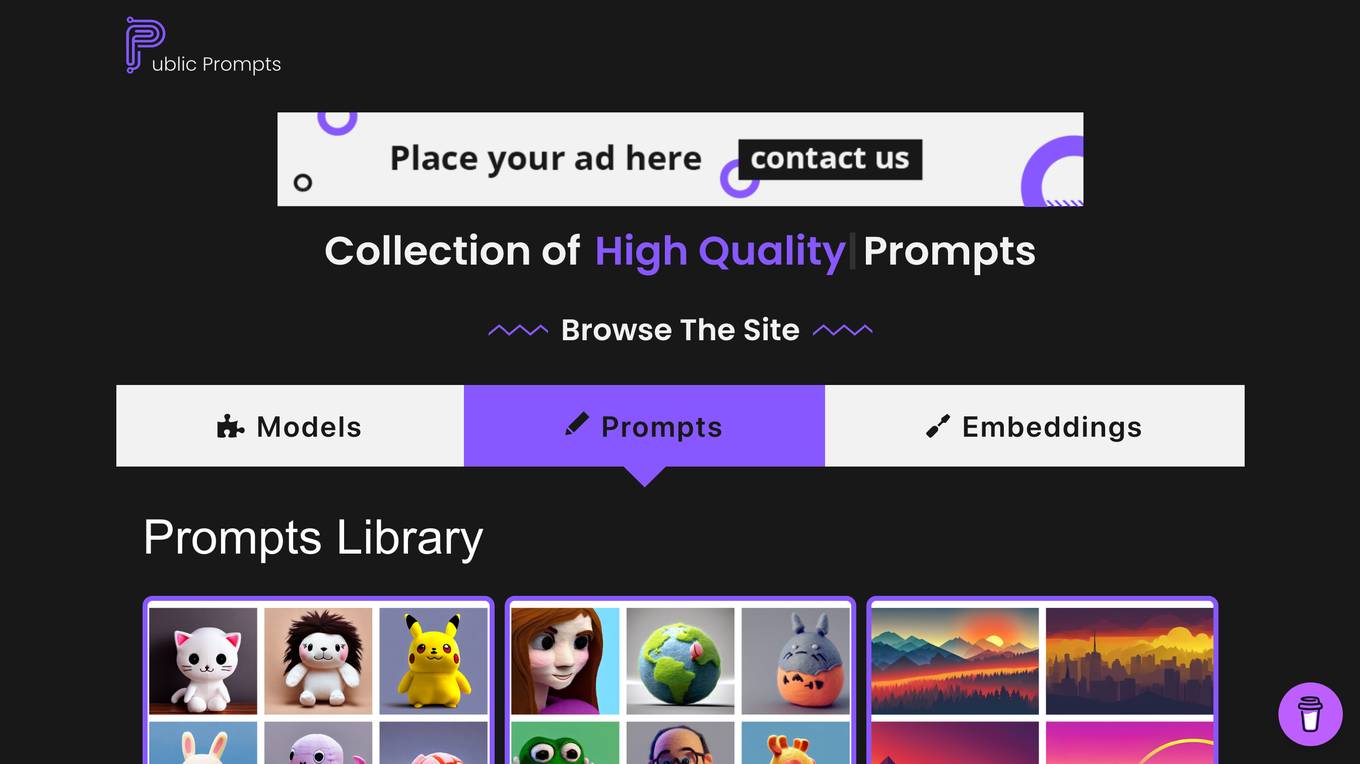
Public Prompts
Public Prompts is a website that provides free, high-quality prompts for Stable Diffusion, an AI-powered image generation model. The website also offers a library of fine-tuned models and embeddings, which can be used to customize the output of Stable Diffusion. Public Prompts is a valuable resource for anyone who wants to use Stable Diffusion to create unique and interesting images.
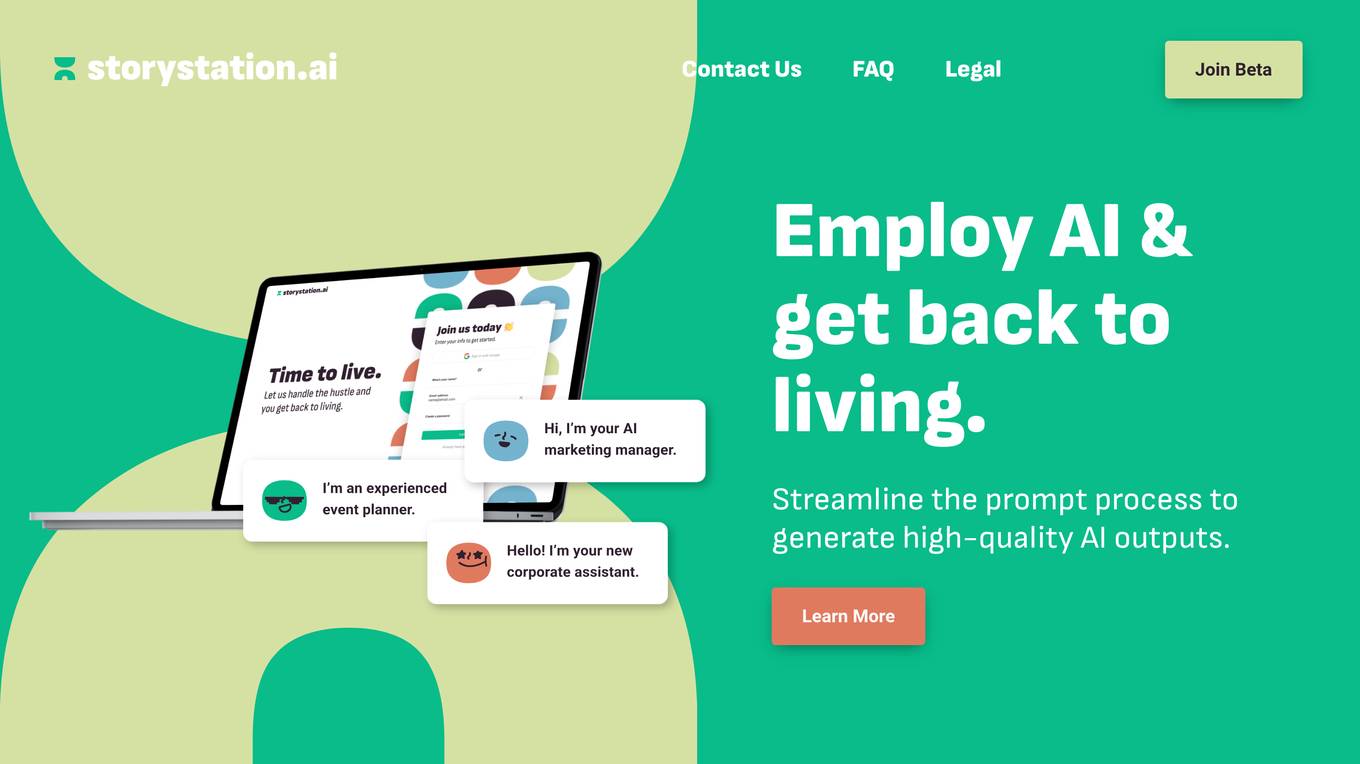
StoryStation.ai
StoryStation.ai is a web application powered by ChatGPT that simplifies content creation for businesses and individuals. It leverages artificial intelligence and machine learning to generate high-quality content quickly, eliminating the need for time-consuming tasks. Users can choose from expert personas and prompts to create content that aligns with their brand and resonates with their target audience. The platform offers customization options to tailor the content to reflect the user's unique voice and style. StoryStation.ai is currently in public beta, aiming to provide accurate and user-friendly persona and prompt templates.
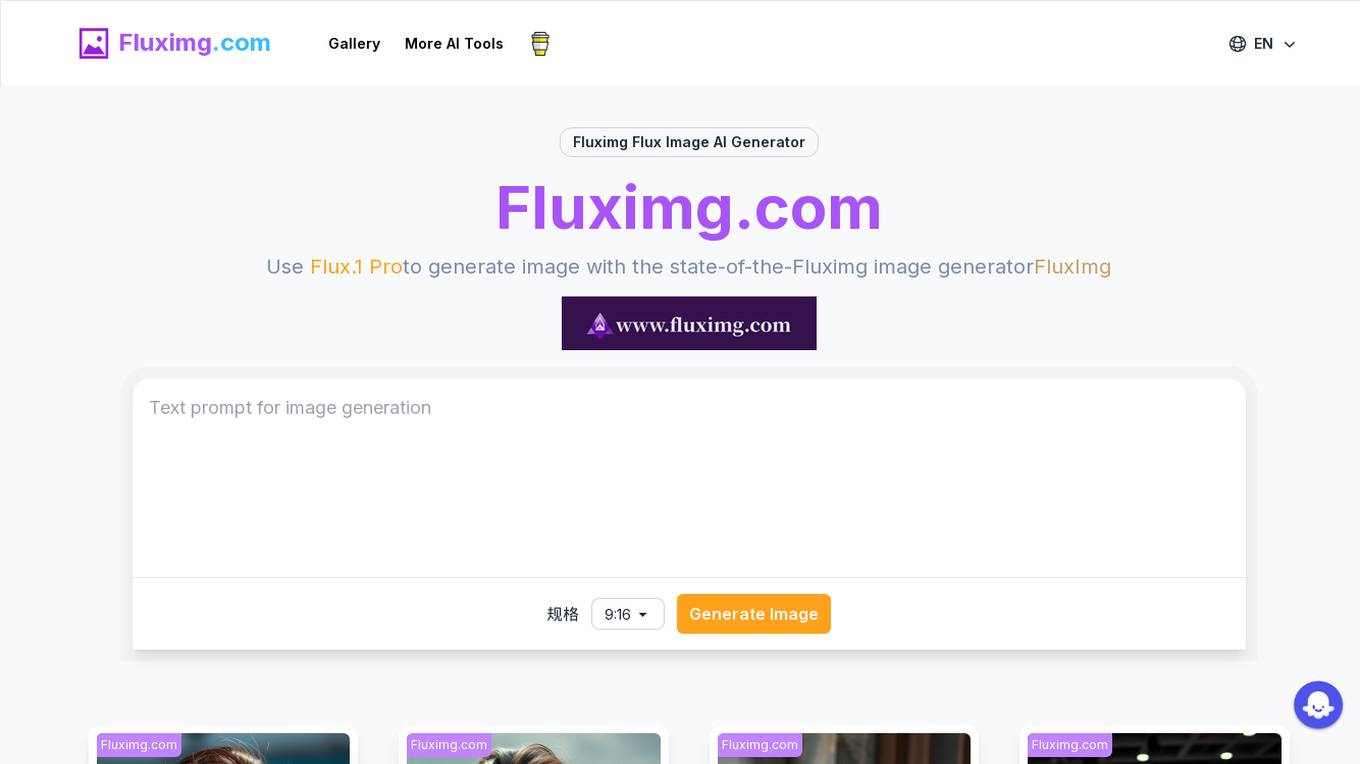
FluxImg AI Image Generator
FluxImg.com is a state-of-the-art AI image generator tool that utilizes advanced AI models to convert text prompts into high-quality, detail-rich images. Users can easily create customized images by inputting descriptive text and further customize the generated images to suit their needs. The tool offers various image size options and supports a wide range of styles and types, including abstract art, realistic scenes, portraits, landscapes, logos, and illustrations. FluxImg.com stands out for its unparalleled image quality, user-friendly interface, and advanced features like Flux.1 Pro and Flux.1 Schnell for enhanced control and rapid iterations.
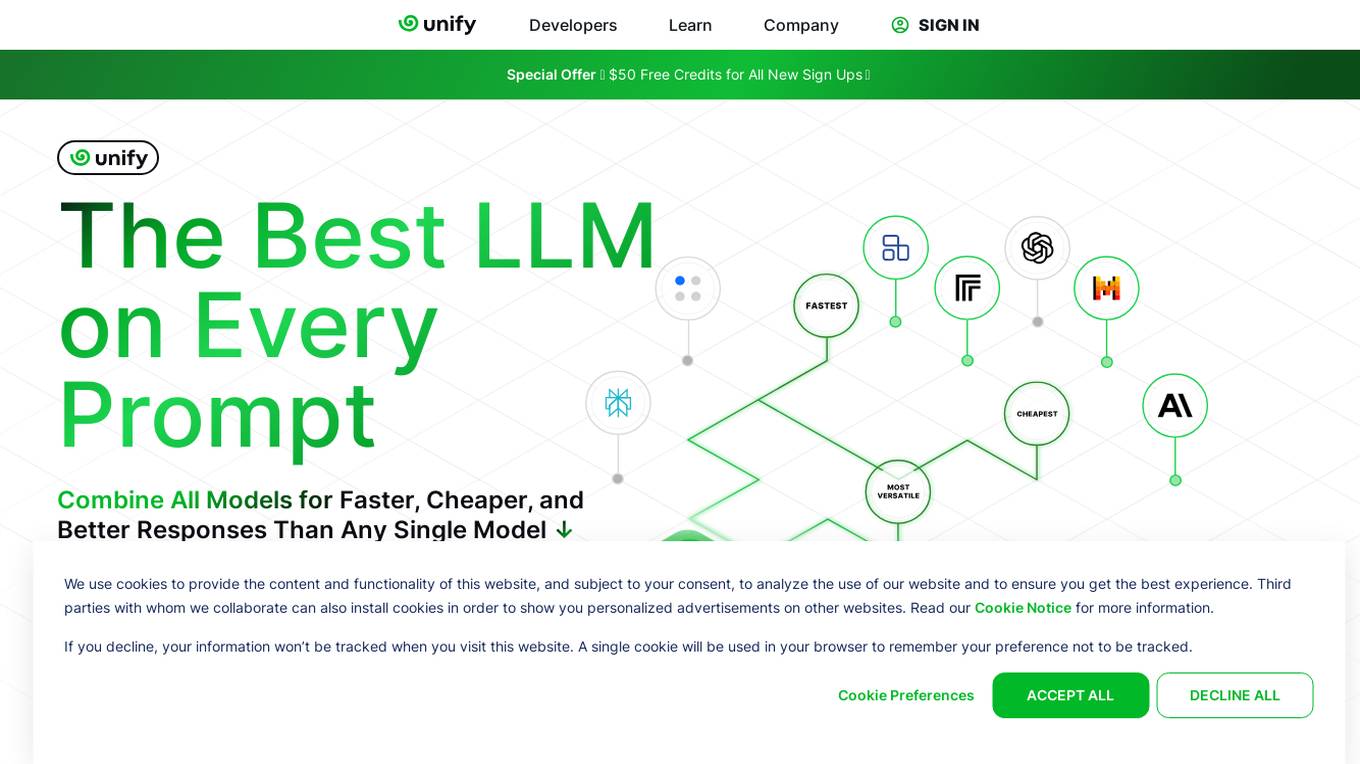
Unify
Unify is an AI tool that offers a unified platform for accessing and comparing various Language Models (LLMs) from different providers. It allows users to combine models for faster, cheaper, and better responses, optimizing for quality, speed, and cost-efficiency. Unify simplifies the complex task of selecting the best LLM by providing transparent benchmarks, personalized routing, and performance optimization tools.
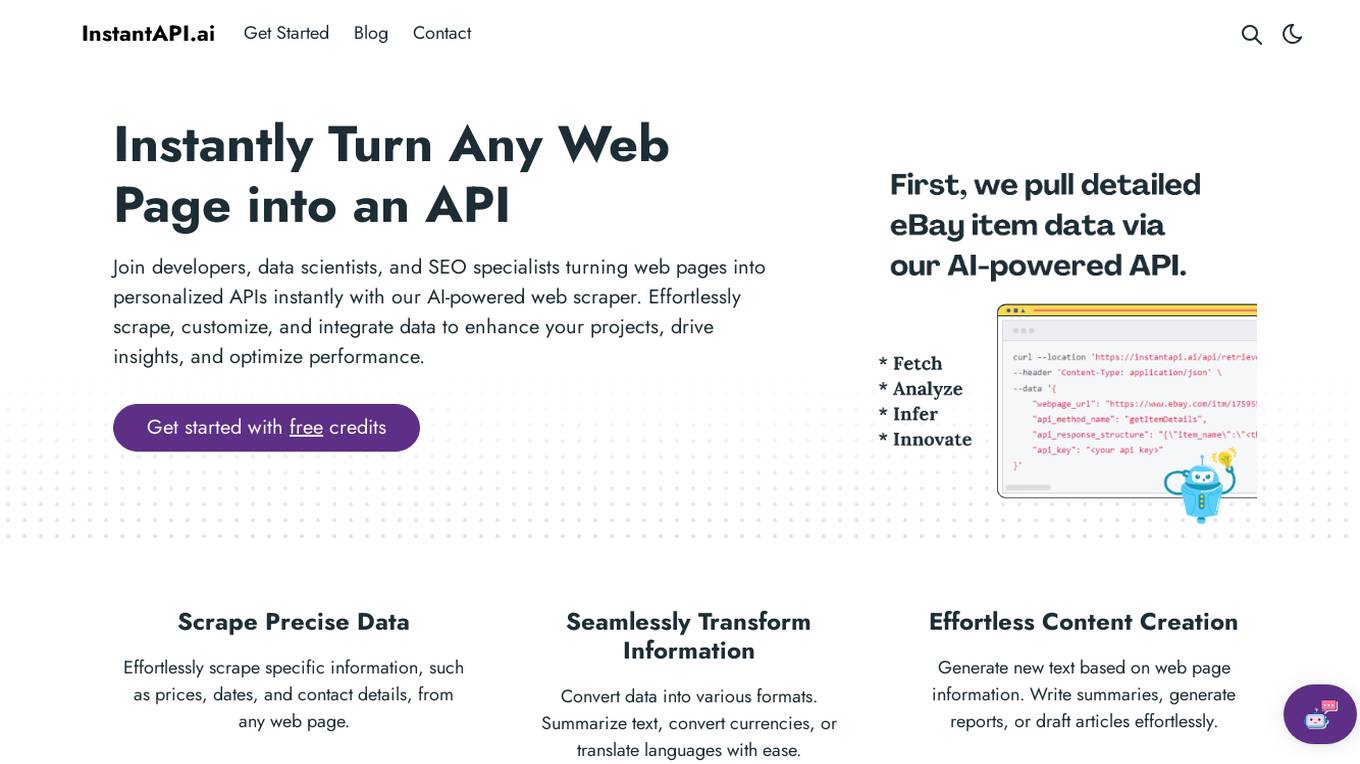
InstantAPI.ai
InstantAPI.ai is an AI-powered web scraping tool that allows developers, data scientists, and SEO specialists to instantly turn any web page into a personalized API. With the ability to effortlessly scrape, customize, and integrate data, users can enhance their projects, drive insights, and optimize performance. The tool offers features such as scraping precise data, transforming information into various formats, generating new content, providing advanced analysis, and extracting valuable insights from data. Users can tailor the output to meet specific needs and unleash creativity by using AI for unique purposes. InstantAPI.ai simplifies the process of web scraping and data manipulation, offering a seamless experience for users seeking to leverage AI technology for their projects.
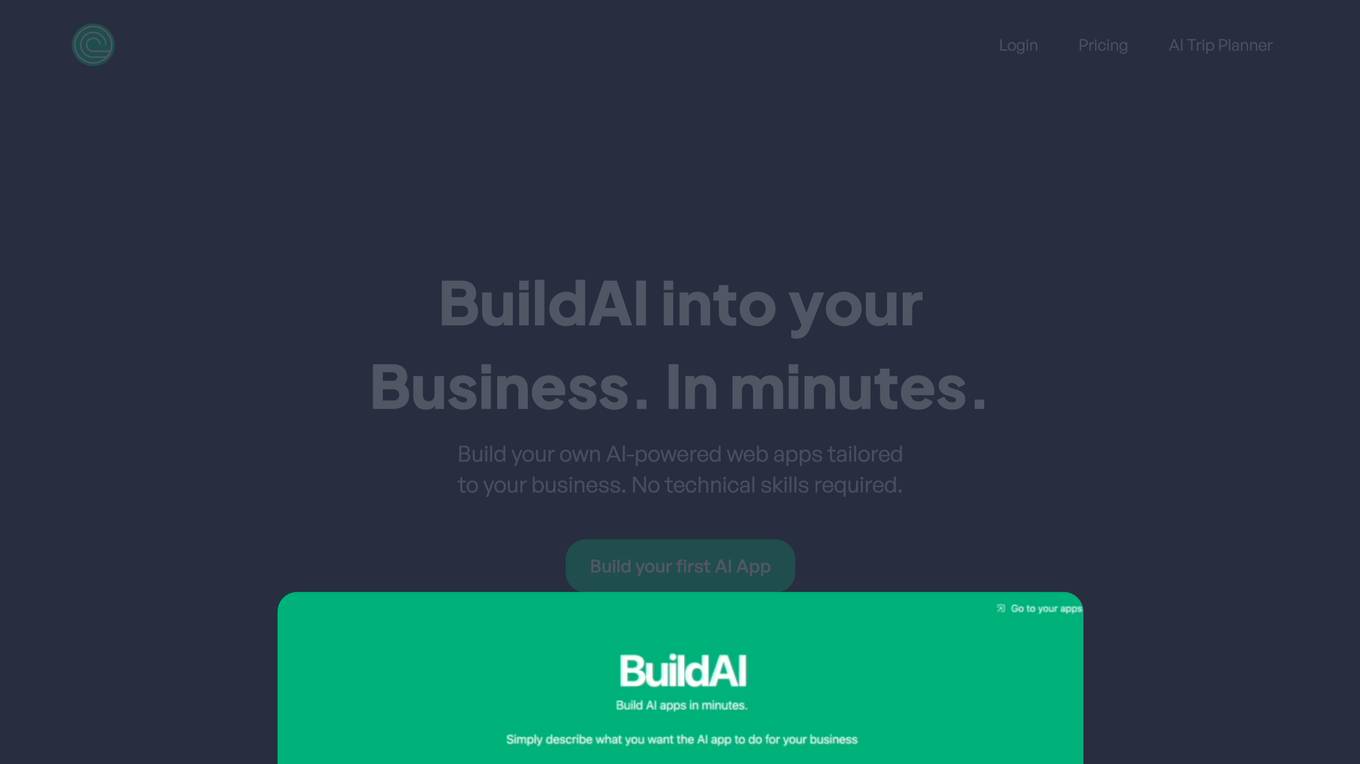
BuildAI.Space
BuildAI.Space is an AI application that allows users to create personalized AI-powered web apps without the need for technical skills. Users can pick and customize AI tools, upload their data, and design the app to match their brand. The platform offers a variety of AI tools for different use cases, such as nutrition, legal advice, lead generation, SEO optimization, and personalized planners. With features like Magic Builder for customization and AI Credits for advanced functionalities, BuildAI.Space empowers users to monetize their apps and engage with their audience effectively.

Bylo.ai
Bylo.ai is a free AI image generator tool that transforms text descriptions into high-quality images with advanced customization options. It offers fast and efficient image generation, flexible settings, and high-resolution outputs suitable for personal and commercial use. Users can access the tool online without any downloads, making it convenient for creating visuals for various purposes.
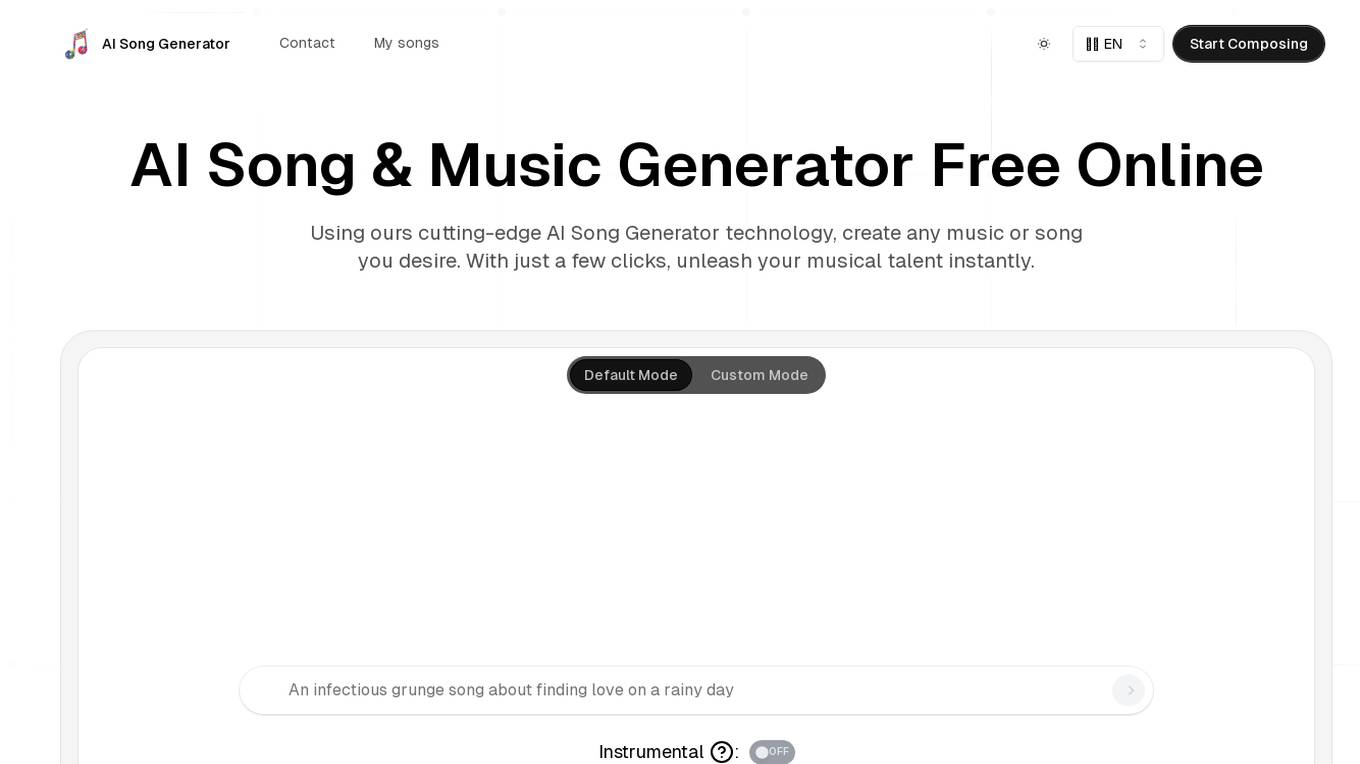
AI Song Generator
AI Song Generator is a cutting-edge AI-powered tool that enables users to create original music quickly and effortlessly. By utilizing advanced algorithms and machine learning, the application analyzes and replicates known patterns of music composition to generate high-quality, original songs. Users can create custom music tracks in just a few simple steps, unleashing their musical talent instantly. The tool offers features like customizable song parameters, high-quality song output, privacy protection, and global language support, making it a versatile platform for music creation across various genres and styles.
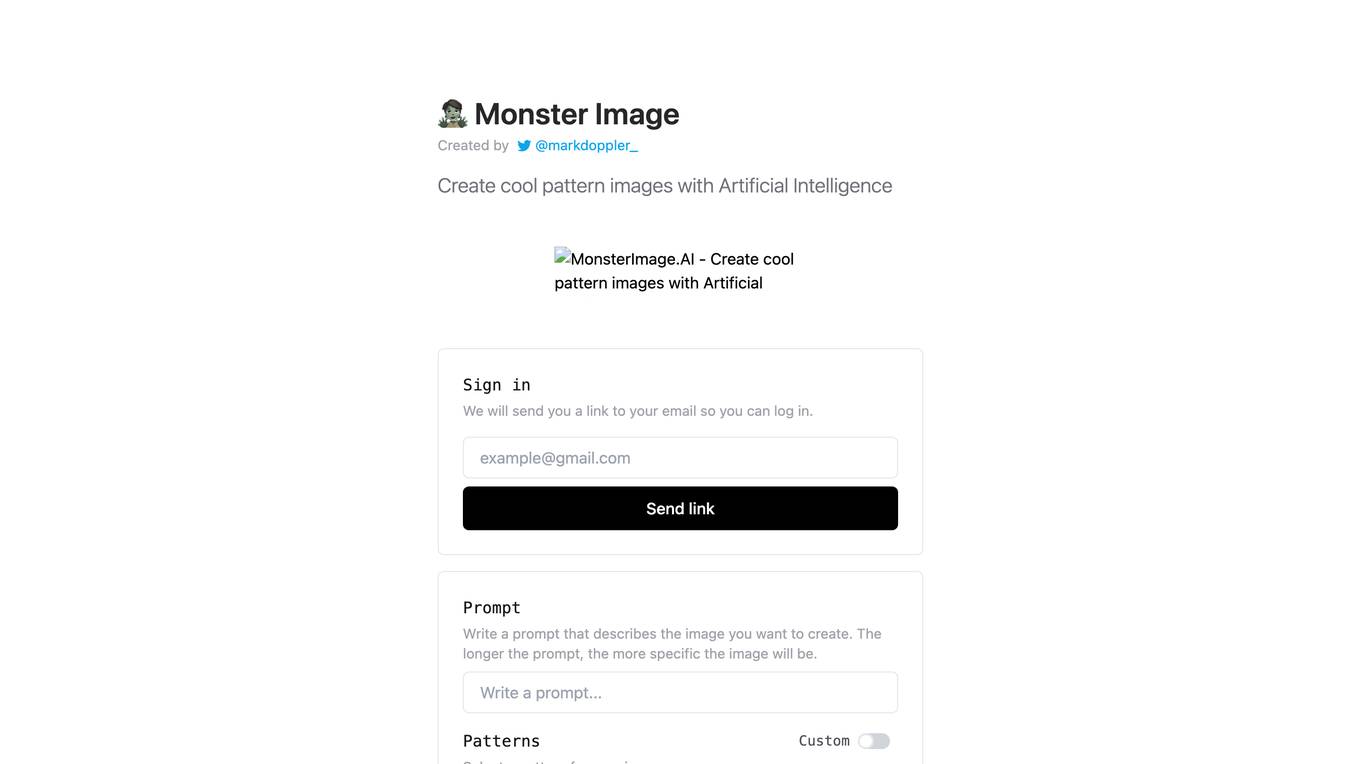
MonsterImage.AI
MonsterImage.AI is an AI-powered tool that allows users to create cool pattern images using Artificial Intelligence. Users can sign in to the platform and receive a link via email to log in. They can write a prompt to describe the image they want to create, select a pattern, specify negative prompts, use a seed for reproduction, adjust guidance scale, controlnet conditioning scale, and inference steps. The tool offers advanced options for creating images and allows users to save their creations in a public collection.
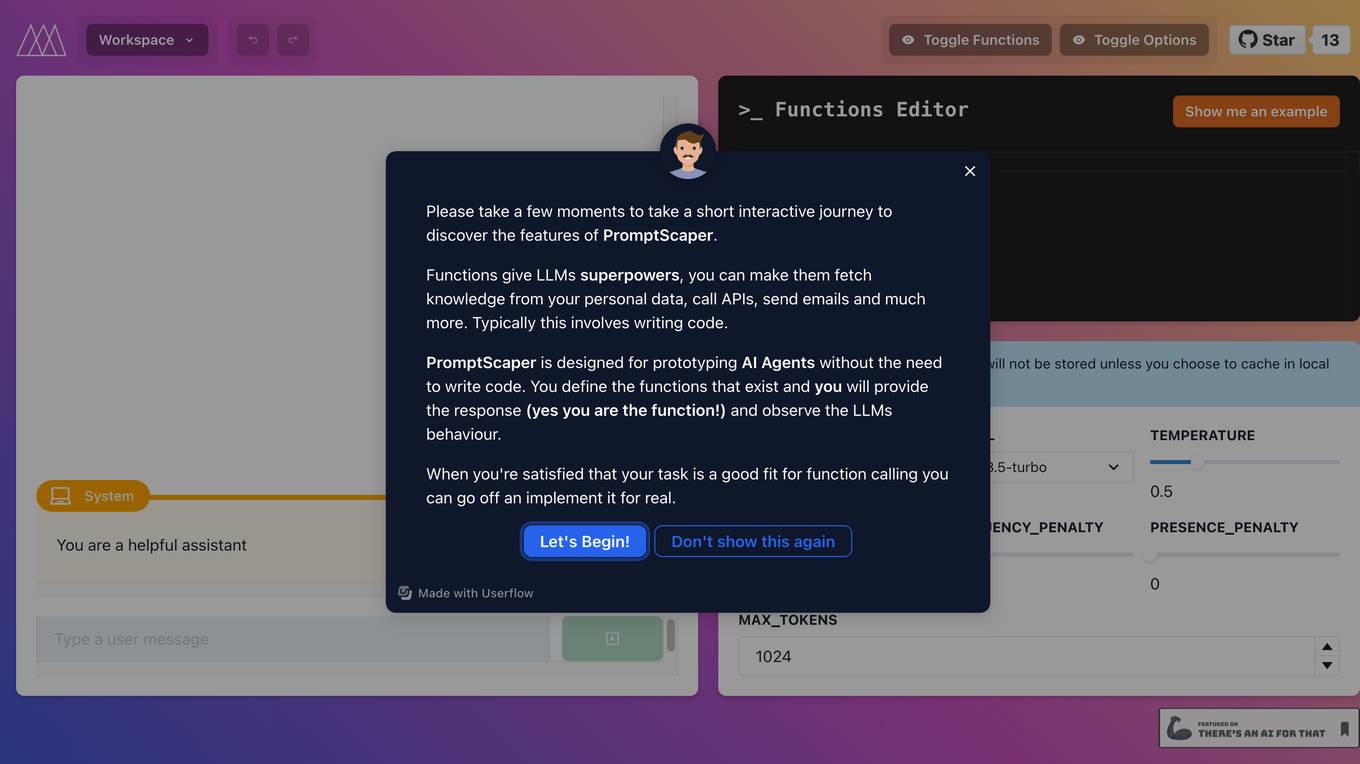
PromptScaper Workspace
PromptScaper Workspace is an AI tool designed to assist users in generating text using OpenAI's powerful language models. The tool provides a user-friendly interface for interacting with OpenAI's API to generate text based on specified parameters. Users can input prompts and customize various settings to fine-tune the generated text output. PromptScaper Workspace streamlines the process of leveraging advanced AI language models for text generation tasks, making it easier for users to create content efficiently.
2 - Open Source AI Tools
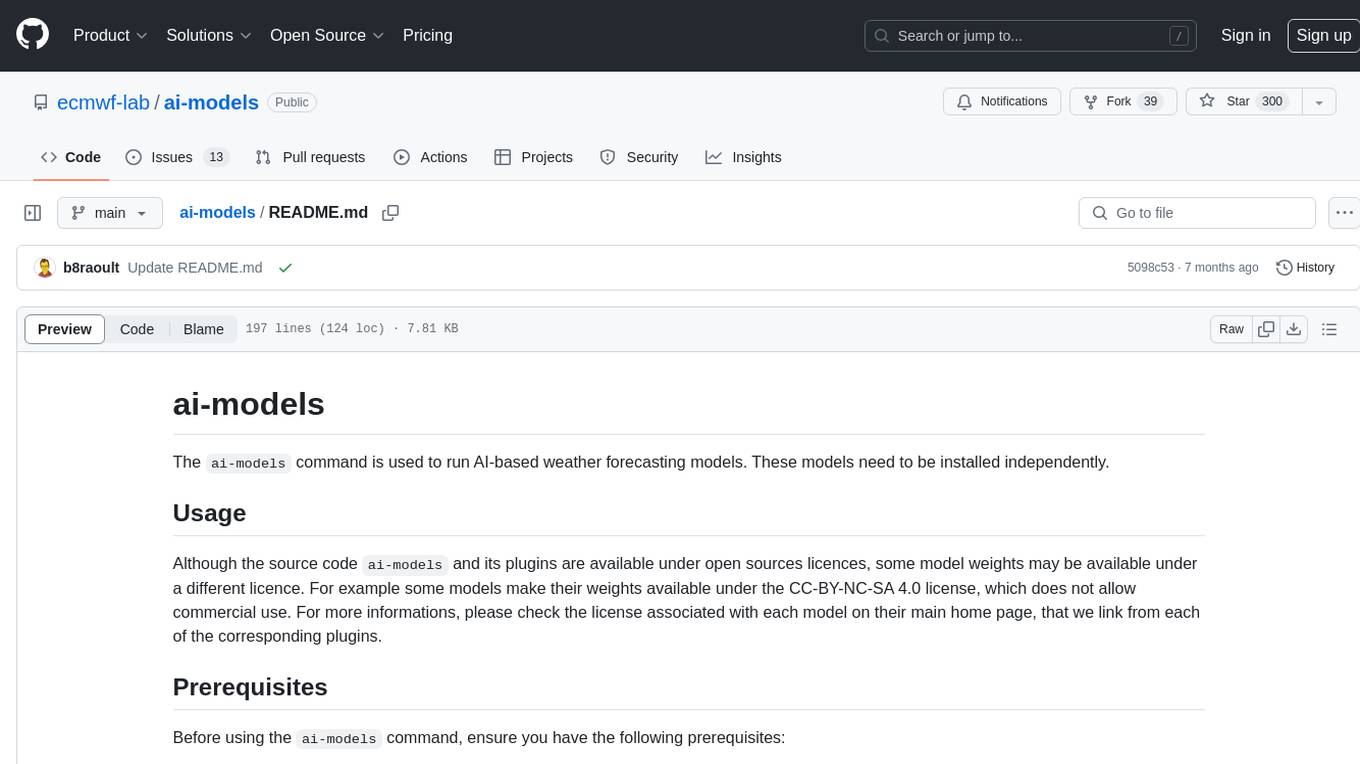
ai-models
The `ai-models` command is a tool used to run AI-based weather forecasting models. It provides functionalities to install, run, and manage different AI models for weather forecasting. Users can easily install and run various models, customize model settings, download assets, and manage input data from different sources such as ECMWF, CDS, and GRIB files. The tool is designed to optimize performance by running on GPUs and provides options for better organization of assets and output files. It offers a range of command line options for users to interact with the models and customize their forecasting tasks.

repo-to-text
The `repo-to-text` tool converts a directory's structure and contents into a single text file. It generates a formatted text representation that includes the directory tree and file contents, making it easy to share code with LLMs for development and debugging. Users can customize the tool's behavior with various options and settings, including output directory specification, debug logging, and file inclusion/exclusion rules. The tool supports Docker usage for containerized environments and provides detailed instructions for installation, usage, settings configuration, and contribution guidelines. It is a versatile tool for converting repository contents into text format for easy sharing and documentation.
20 - OpenAI Gpts
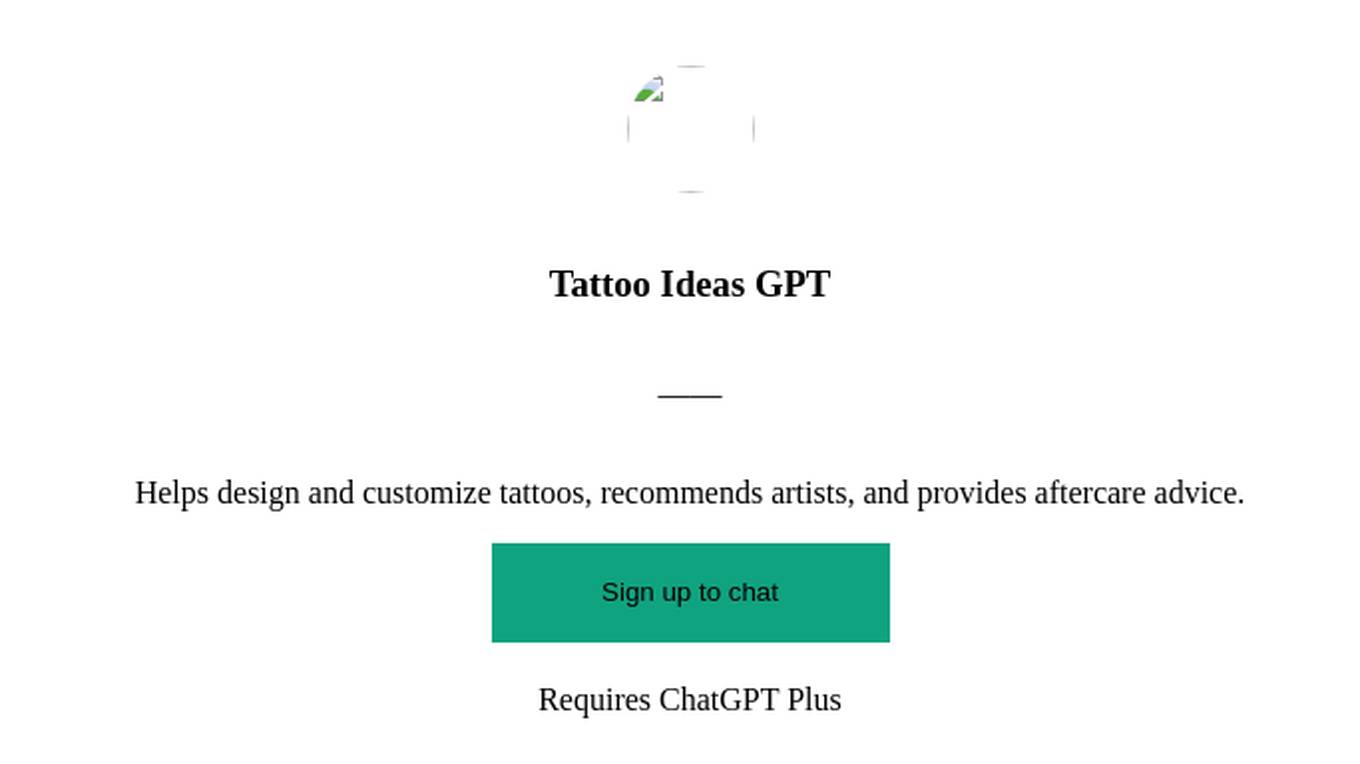
Tattoo Ideas GPT
Helps design and customize tattoos, recommends artists, and provides aftercare advice.
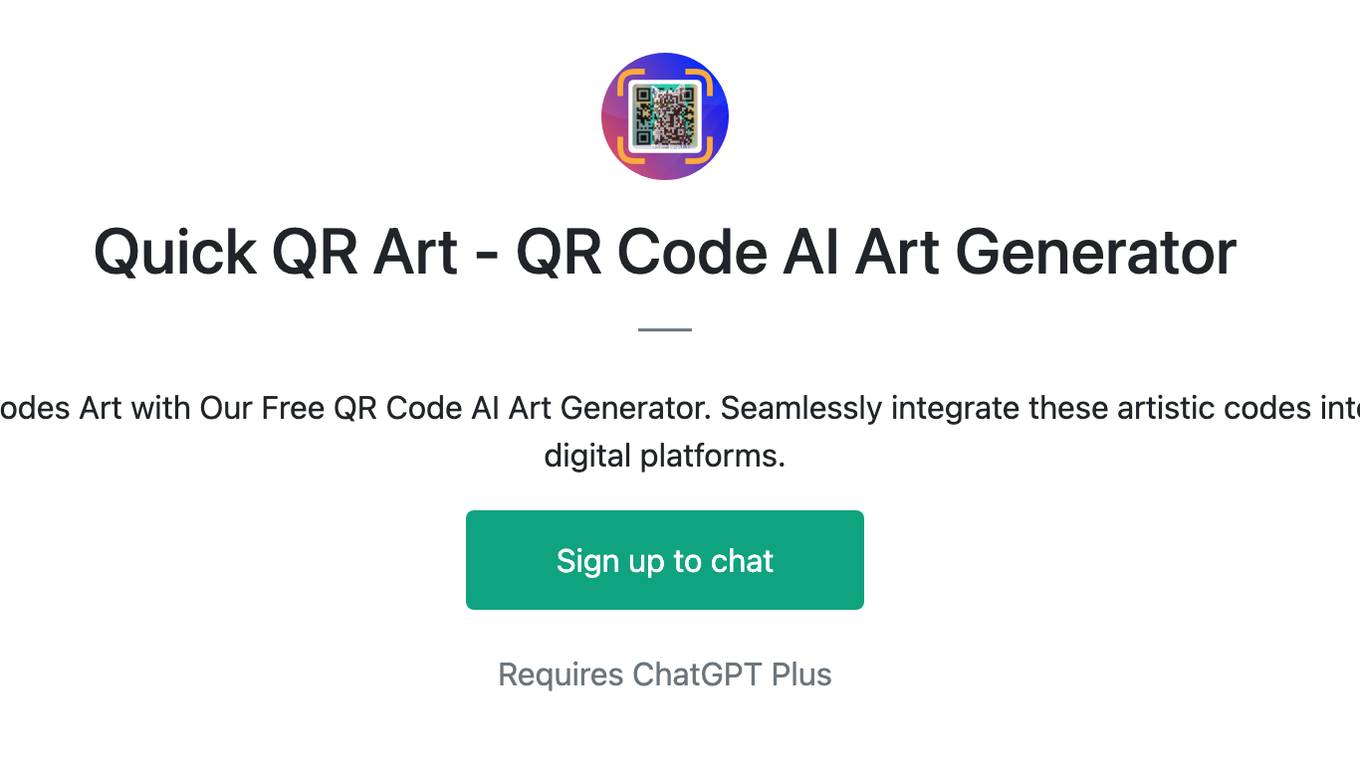
Quick QR Art - QR Code AI Art Generator
Create, Customize, and Track Stunning QR Codes Art with Our Free QR Code AI Art Generator. Seamlessly integrate these artistic codes into your marketing materials, packaging, and digital platforms.
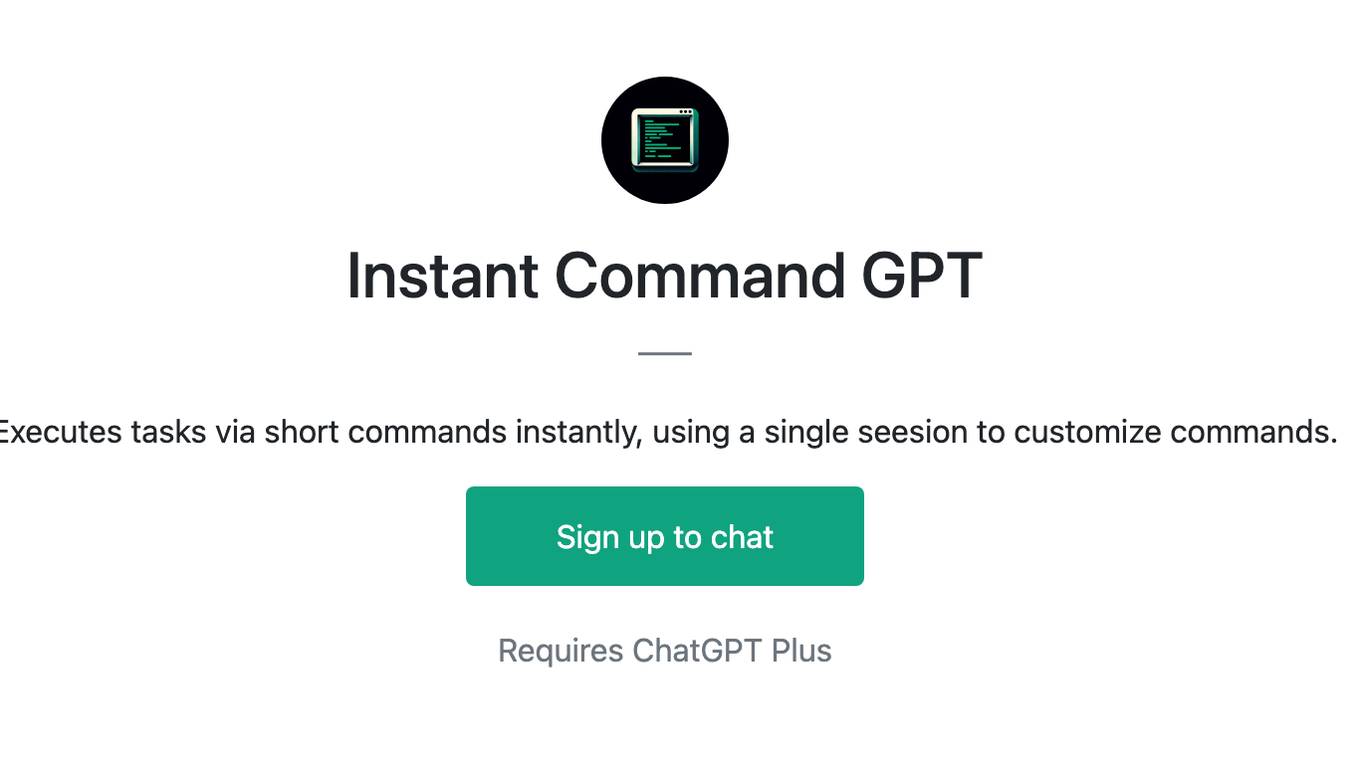
Instant Command GPT
Executes tasks via short commands instantly, using a single seesion to customize commands.
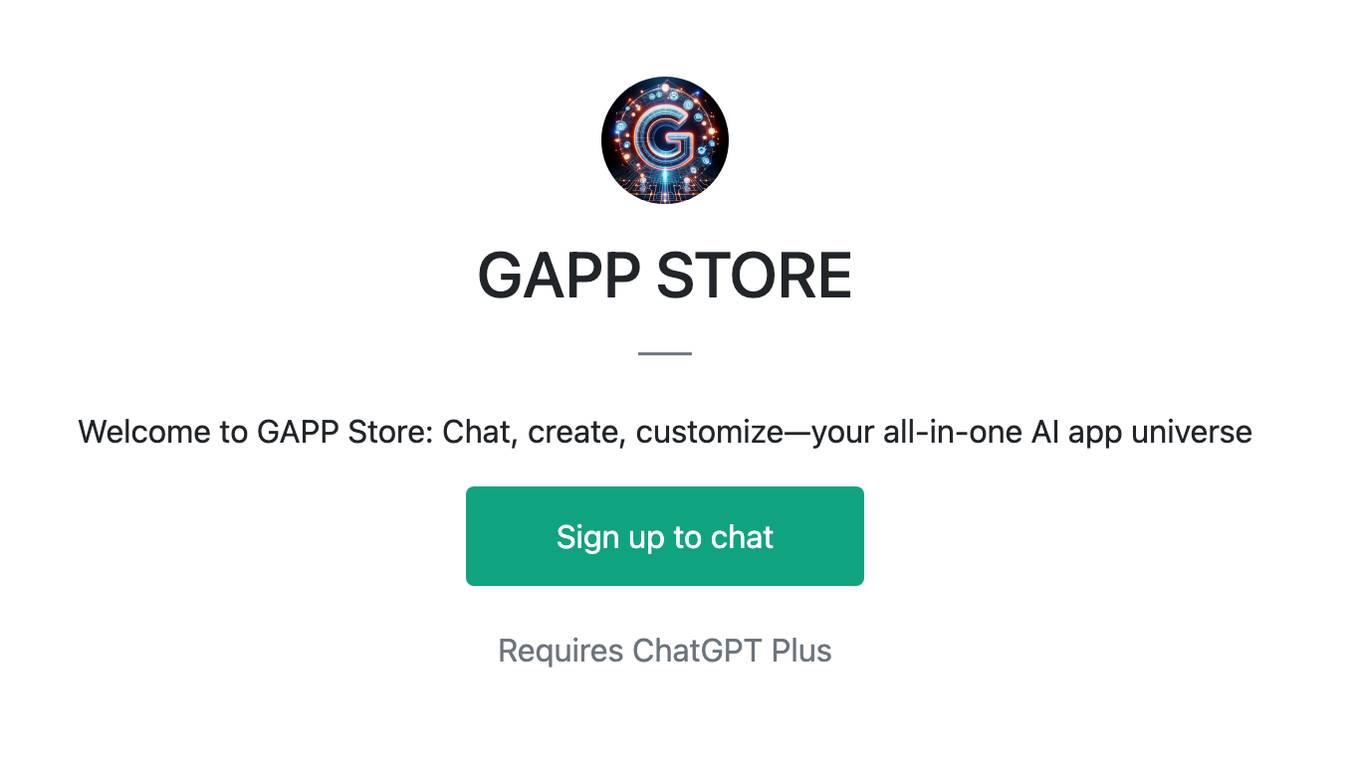
GAPP STORE
Welcome to GAPP Store: Chat, create, customize—your all-in-one AI app universe
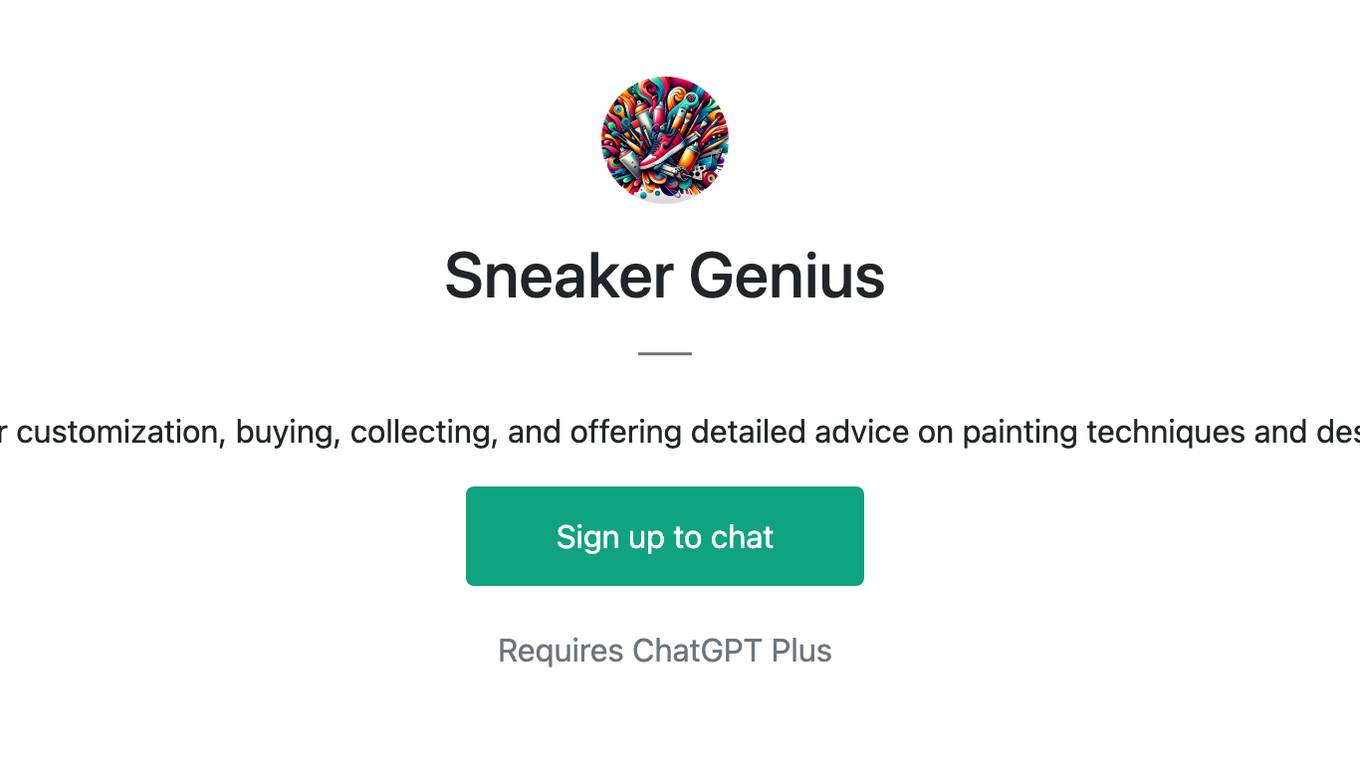
Sneaker Genius
Expert in sneaker customization, buying, collecting, and offering detailed advice on painting techniques and design inspiration
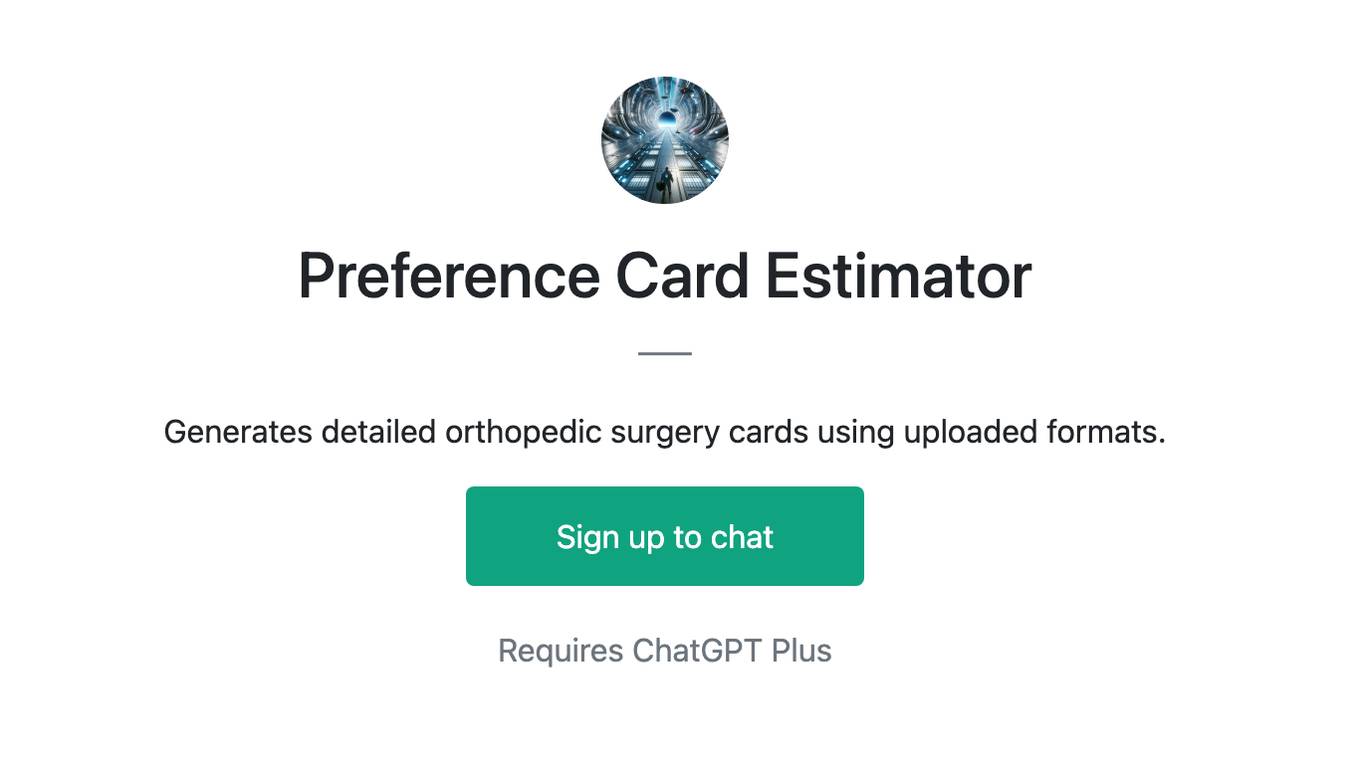
Preference Card Estimator
Generates detailed orthopedic surgery cards using uploaded formats.
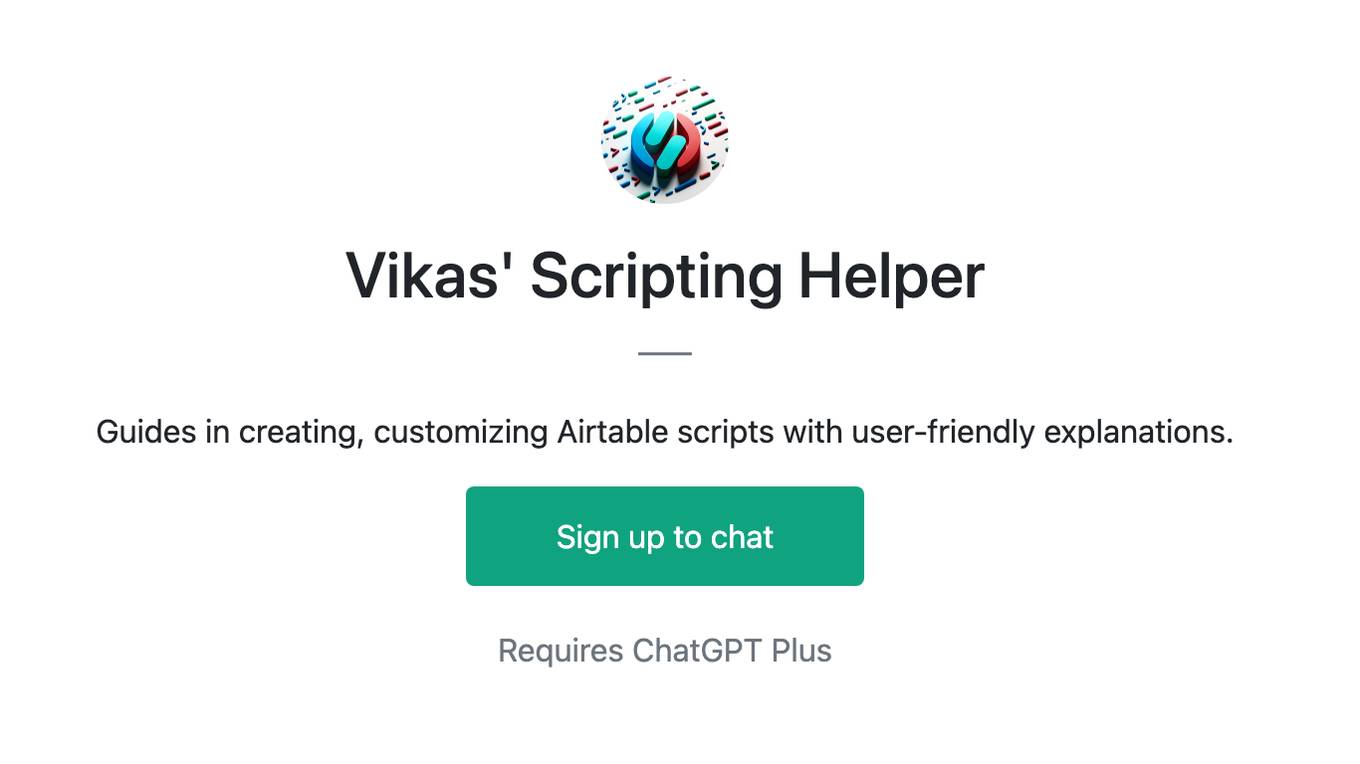
Vikas' Scripting Helper
Guides in creating, customizing Airtable scripts with user-friendly explanations.
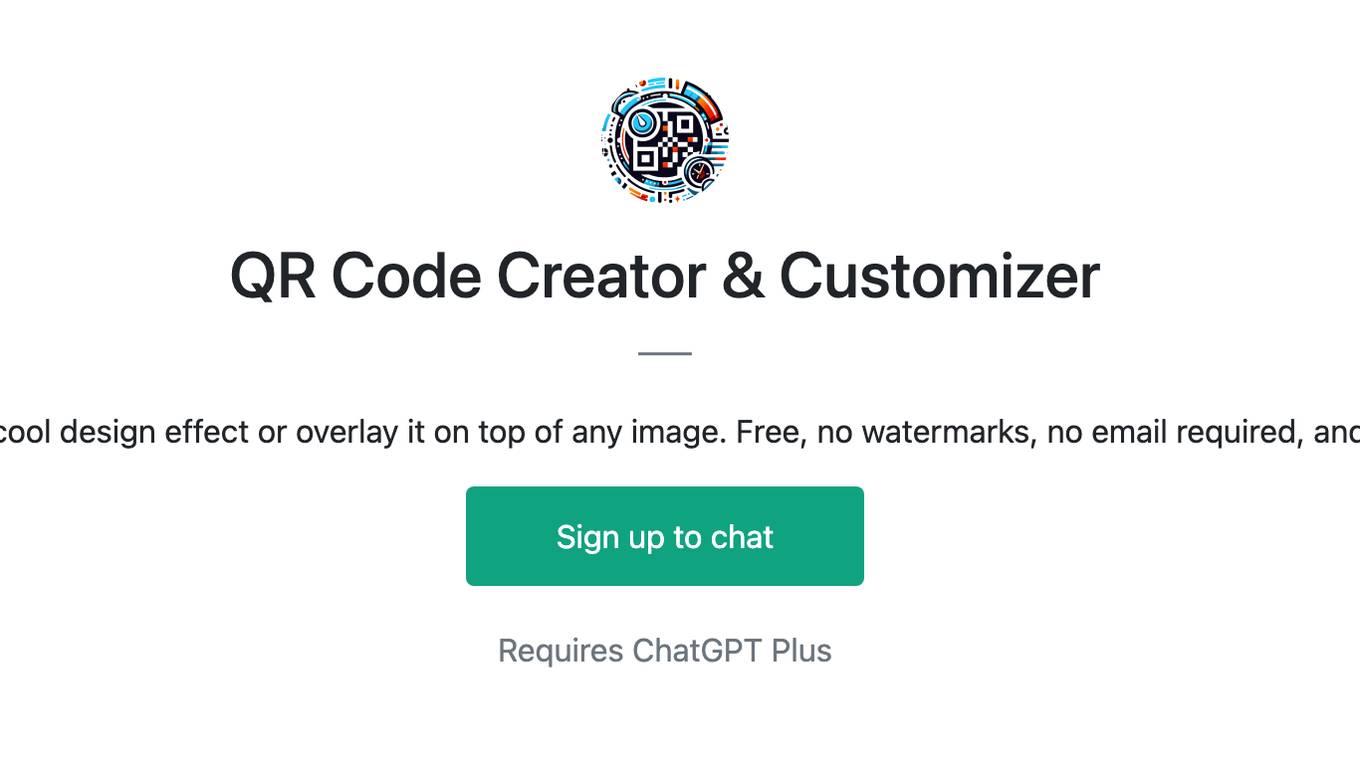
QR Code Creator & Customizer
Create a QR code in 30 seconds + add a cool design effect or overlay it on top of any image. Free, no watermarks, no email required, and we don't store your messages/images.
